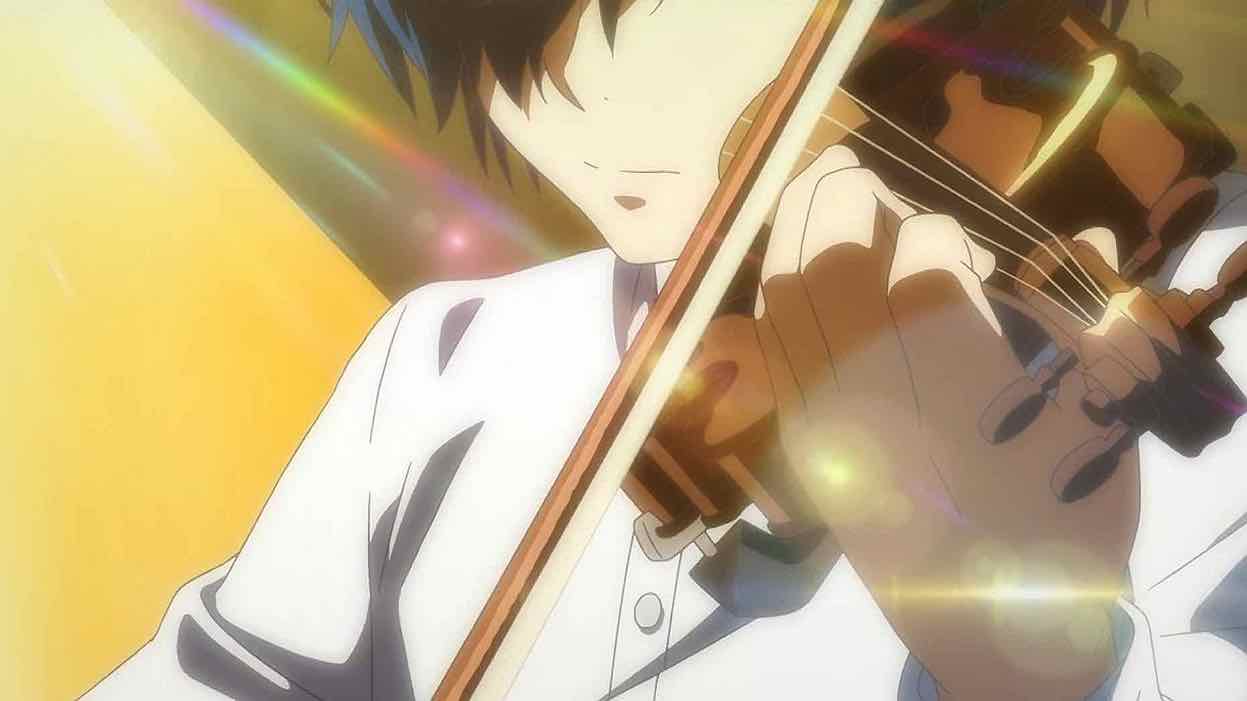 I had been all set to plug Ao no Orchestra into a digest post of some sort. Not out of disrespect, but as a concession to the demands of this nutso season. But the truth is, it was just too good for that. And it’s not as if that was a huge surprise to me. I had this one in the mid-tier of a super-deep season (possibly the best mid since I started doing previews), and pegged as a sleeper as well. The subject matter, an outstanding director-writer team, a pretty well-regarded manga – the pieces were all in place. It was the last thing I needed, but this one has a chance to be a keeper.
I had been all set to plug Ao no Orchestra into a digest post of some sort. Not out of disrespect, but as a concession to the demands of this nutso season. But the truth is, it was just too good for that. And it’s not as if that was a huge surprise to me. I had this one in the mid-tier of a super-deep season (possibly the best mid since I started doing previews), and pegged as a sleeper as well. The subject matter, an outstanding director-writer team, a pretty well-regarded manga – the pieces were all in place. It was the last thing I needed, but this one has a chance to be a keeper.
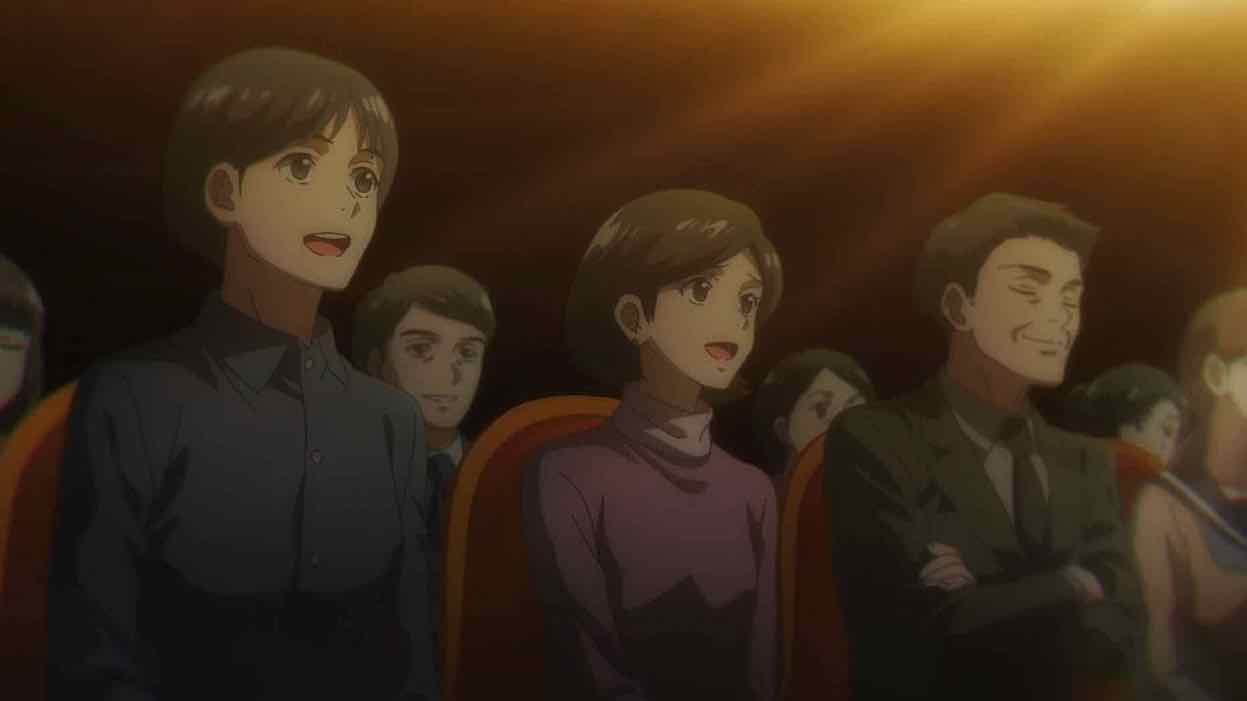 In fact, maybe the headline here is that Blue Orchestra couldn’t get a streaming license, while every isekai and idol clone never fails to land one. Series (apart from kids’ stuff) going unlicensed in English is pretty rare these days, but when it does happen it’s usually one like this. Something seen as too “artsy” or highbrow – that, or a sports anime. I know that as a result many English-speaking fans will ignore it (I’m not expecting a torrent of comments, not even a bit). And that’s a real shame, because this is a genre that frequently produces really good anime (if the occasional abomination like Shigatsu wa Kimi no Uso as well).
In fact, maybe the headline here is that Blue Orchestra couldn’t get a streaming license, while every isekai and idol clone never fails to land one. Series (apart from kids’ stuff) going unlicensed in English is pretty rare these days, but when it does happen it’s usually one like this. Something seen as too “artsy” or highbrow – that, or a sports anime. I know that as a result many English-speaking fans will ignore it (I’m not expecting a torrent of comments, not even a bit). And that’s a real shame, because this is a genre that frequently produces really good anime (if the occasional abomination like Shigatsu wa Kimi no Uso as well).
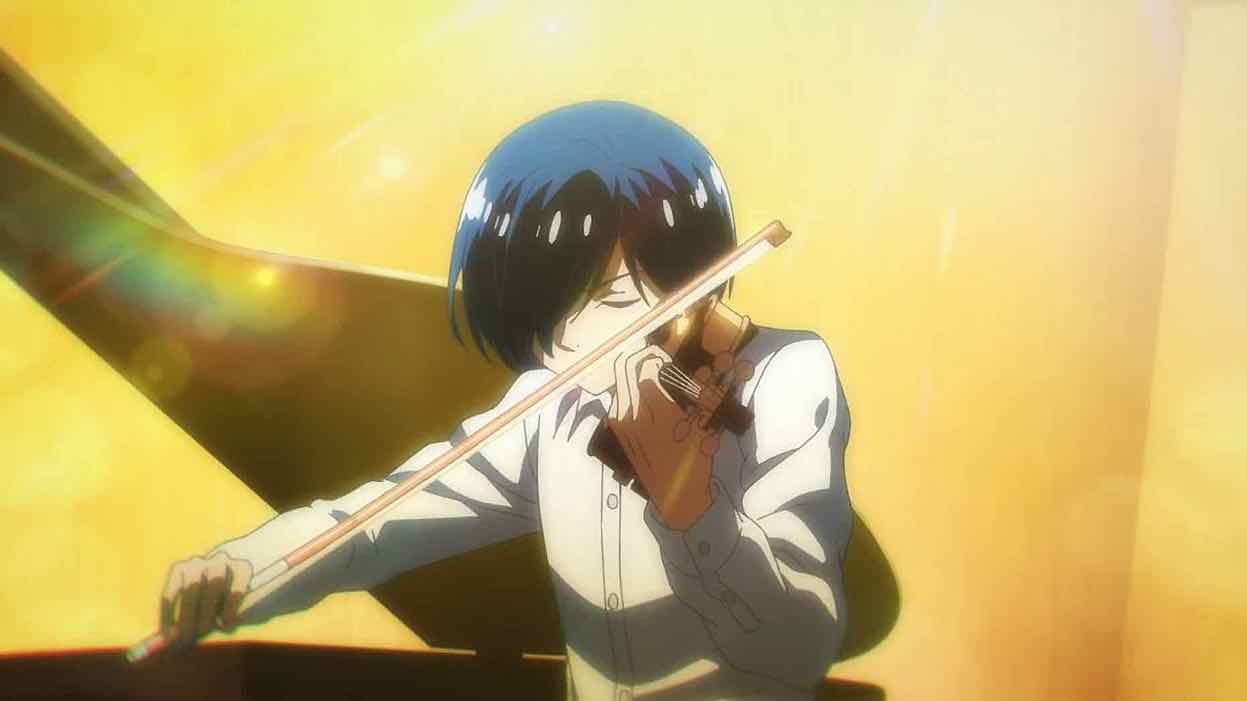 And indeed, this show looks like it has a chance to be one of the good ones. Nippon Animation is not a studio you expect great visuals from, but we are getting 24 episodes (thanks NHK) – the manga is 11 volumes and counting – and director Kishi Seiji can deliver the goods with the right material. He’s a bit of a chameleon but usually at his best with challenging material, and in Kakihara Yuuko he’s working with one of the best adapters in the business. If the music (violinist and composer Kosemura Akira seems a safe pair of hands) is up to snuff – and that’s obviously crucial with this premise – I don’t think the production values will be a deal-breaker.
And indeed, this show looks like it has a chance to be one of the good ones. Nippon Animation is not a studio you expect great visuals from, but we are getting 24 episodes (thanks NHK) – the manga is 11 volumes and counting – and director Kishi Seiji can deliver the goods with the right material. He’s a bit of a chameleon but usually at his best with challenging material, and in Kakihara Yuuko he’s working with one of the best adapters in the business. If the music (violinist and composer Kosemura Akira seems a safe pair of hands) is up to snuff – and that’s obviously crucial with this premise – I don’t think the production values will be a deal-breaker.
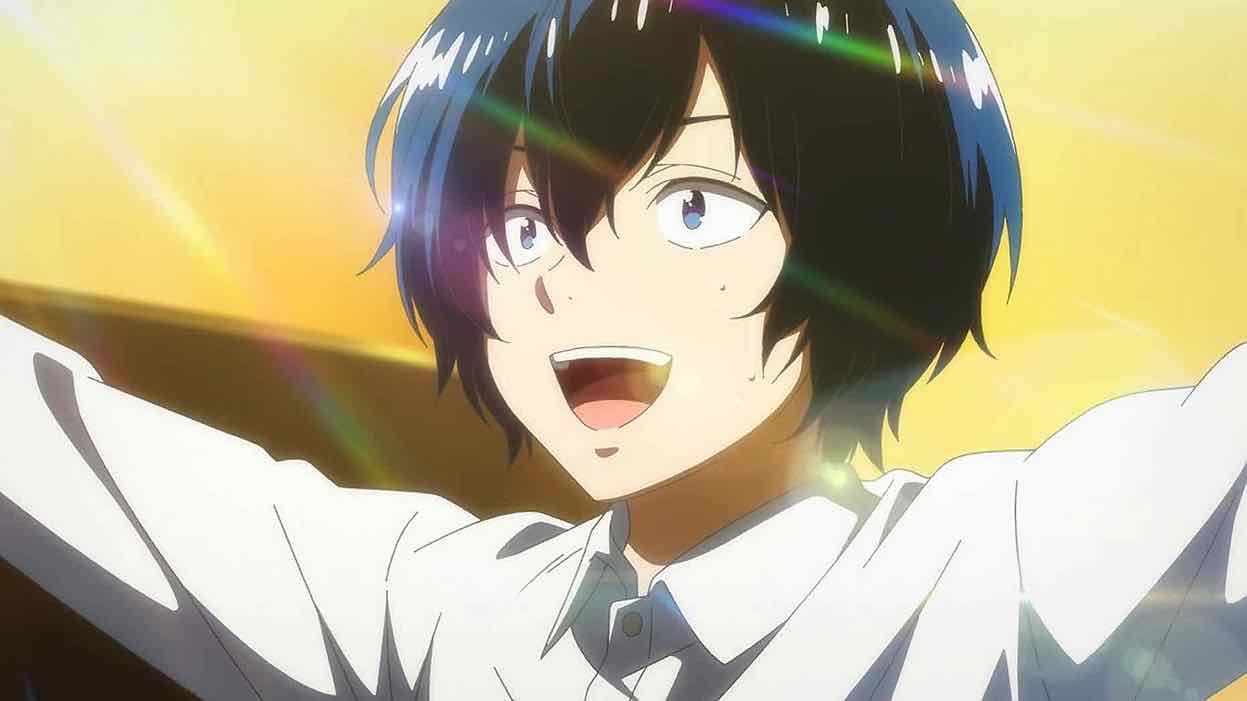 At the heart of the story is Aono Hajime (Chiba Shouya, who I usually like a lot), a third-year middle schooler when we meet him. He was a violin prodigy, the son of a chain-smoking (and ultimately cheating) violinist (Okiayu Ryoutarou). When Dad cheated on Mom and then split, the young Aono quit the violin in anger at his father (who insisted he dedicate his entire childhood to it). Aono being devoted to and protective of his mom (Saitou Chiwa, always great to hear her) is very realistic, and this action is a gesture of loyalty to her. But of course she doesn’t want that, and the boy hasn’t remotely gotten the violin out of his head.
At the heart of the story is Aono Hajime (Chiba Shouya, who I usually like a lot), a third-year middle schooler when we meet him. He was a violin prodigy, the son of a chain-smoking (and ultimately cheating) violinist (Okiayu Ryoutarou). When Dad cheated on Mom and then split, the young Aono quit the violin in anger at his father (who insisted he dedicate his entire childhood to it). Aono being devoted to and protective of his mom (Saitou Chiwa, always great to hear her) is very realistic, and this action is a gesture of loyalty to her. But of course she doesn’t want that, and the boy hasn’t remotely gotten the violin out of his head.
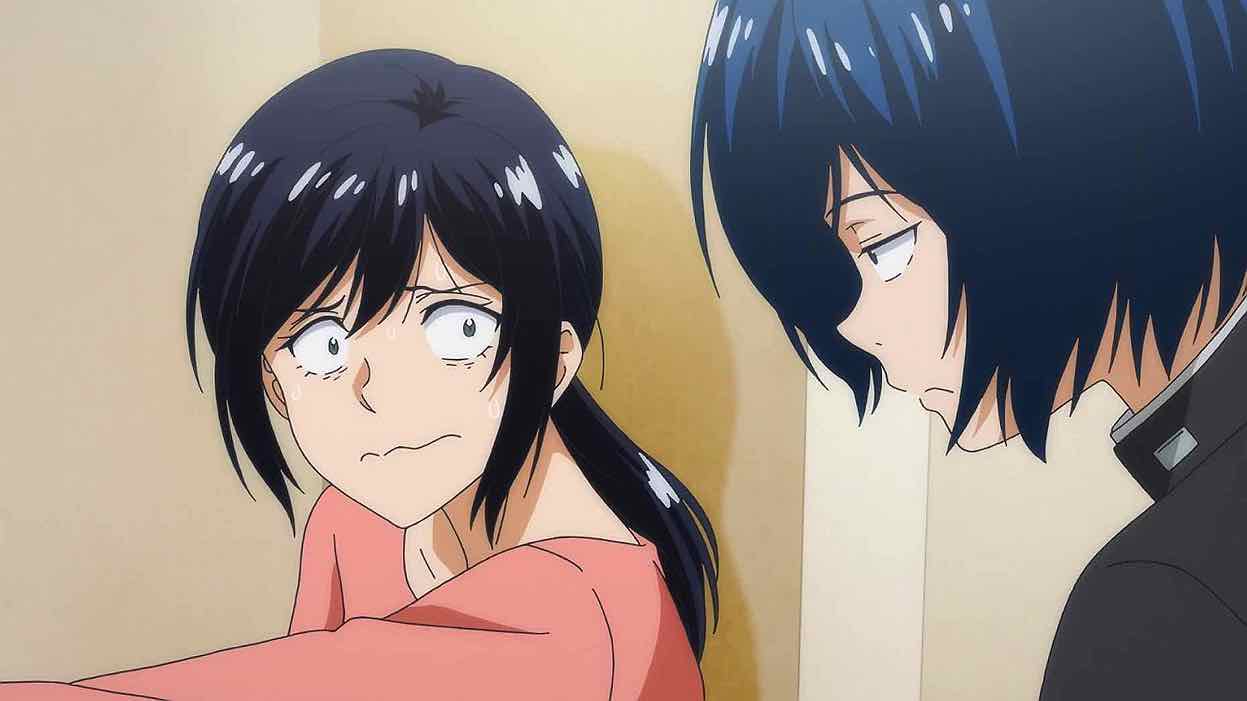 A very important – and excellent – element here is Takada-sensei (Kaneko Hayato). Takada is immediately one of my favorite teacher characters in a long time. He’s clearly worried about the funk his adrift student has fallen into, and gently tries to steer him back into the lane where he thinks about the future he’s screwing up. What Takada-sensei hasn’t told Aono is that he plays violin too – he was second fiddle (literally) in his high school orchestra – and he seems to have a very good idea (perhaps having attended a concert) that Aono is a talent far beyond his own.
A very important – and excellent – element here is Takada-sensei (Kaneko Hayato). Takada is immediately one of my favorite teacher characters in a long time. He’s clearly worried about the funk his adrift student has fallen into, and gently tries to steer him back into the lane where he thinks about the future he’s screwing up. What Takada-sensei hasn’t told Aono is that he plays violin too – he was second fiddle (literally) in his high school orchestra – and he seems to have a very good idea (perhaps having attended a concert) that Aono is a talent far beyond his own.
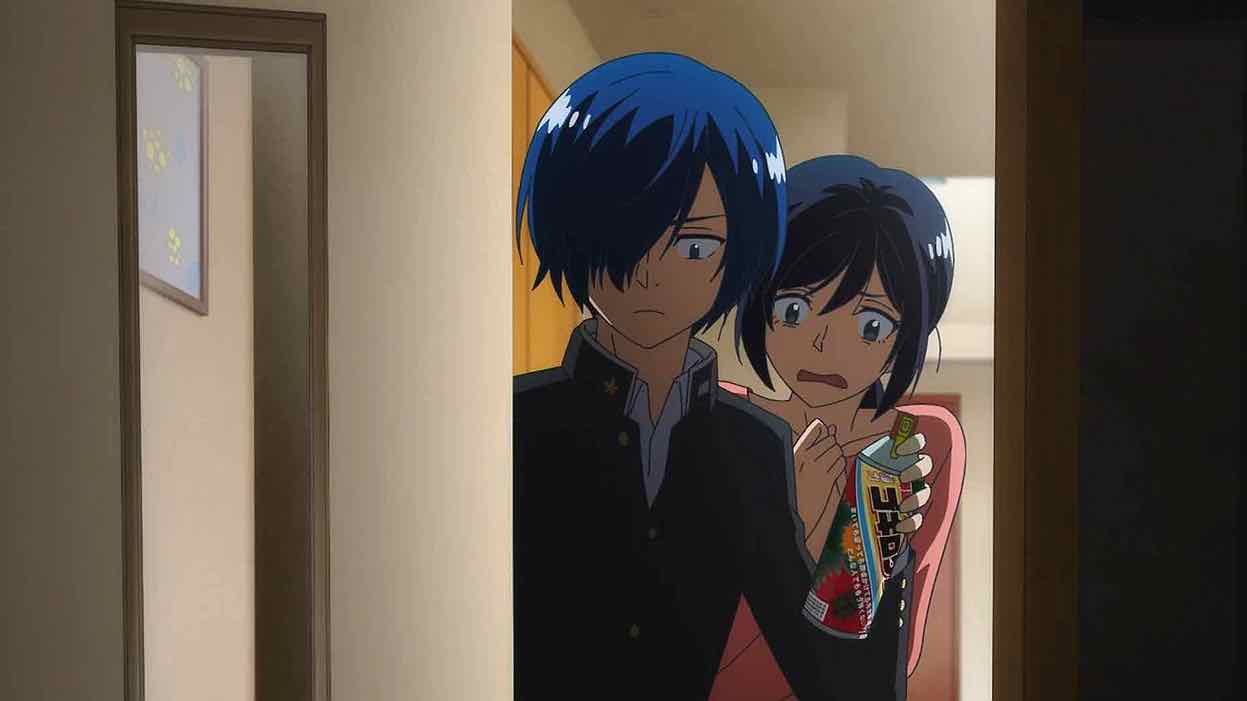 I think it’s pretty obvious that Akine Ritsuko (Kakuma Ai) is part of a long-game scheme the teacher is cooking up to draw Aono back into music. She’s some sort of troubled loner student who’s been playing the violin – his violin – in the nurse’s office (the same one Aono goes to after his frequent sports injuries). I’m sure Sensei was just waiting for the right moment to pair those two off, and the lad’s basketball injury causing their meeting is it. Whether he wants to play or not, Aono can’t listen to another person assault the violin like Akine does and do nothing, so as to Takada’s offer I don’t think he ever really had a chance.
I think it’s pretty obvious that Akine Ritsuko (Kakuma Ai) is part of a long-game scheme the teacher is cooking up to draw Aono back into music. She’s some sort of troubled loner student who’s been playing the violin – his violin – in the nurse’s office (the same one Aono goes to after his frequent sports injuries). I’m sure Sensei was just waiting for the right moment to pair those two off, and the lad’s basketball injury causing their meeting is it. Whether he wants to play or not, Aono can’t listen to another person assault the violin like Akine does and do nothing, so as to Takada’s offer I don’t think he ever really had a chance.
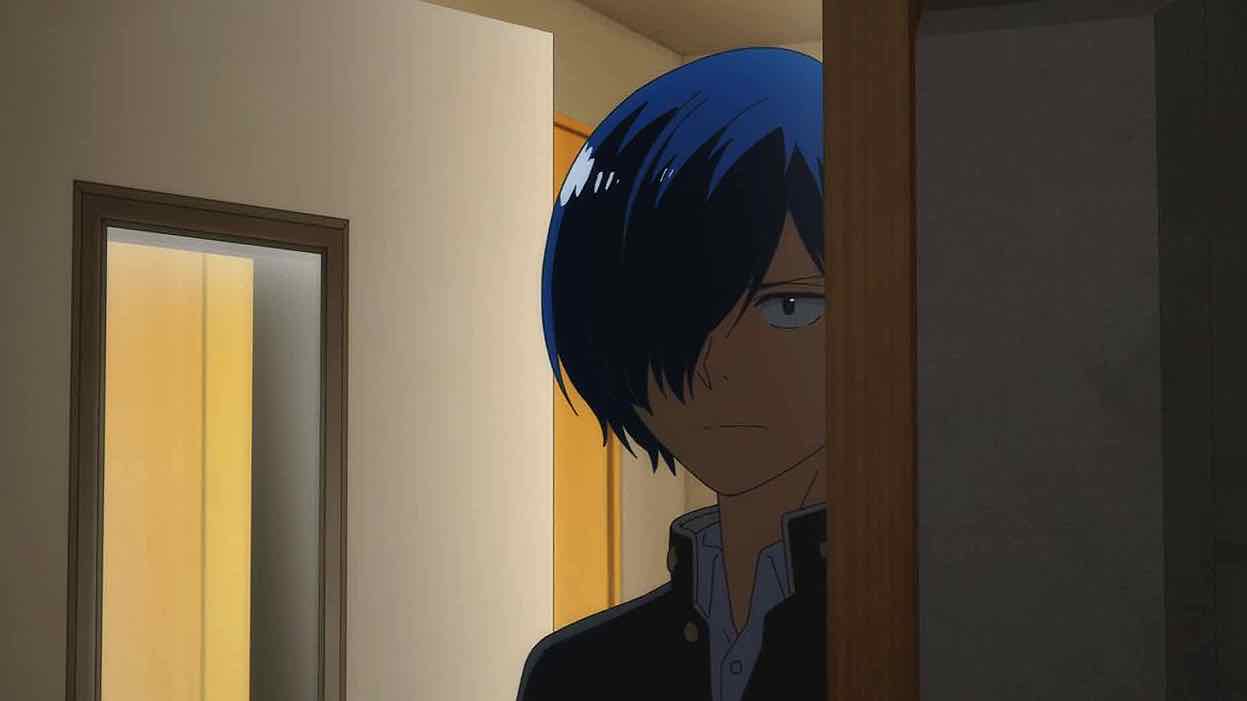 It’s a bit contrived I don’t deny, but I think this setup has loads of potential. Aono approaching the violin from a completely different angle is interesting – he’s a consummate soloist whether he has his instrument in his hand or not. Teaching someone else – and then learning to play as part of an ensemble (the high school orchestra, no doubt) is a good way for him to rediscover his love for the violin and liberate it from the smoky stench of his father. Even better would be if said father has a role in this story too, and we see that stormy father-son relationship explored. This premise is very much in my comfort zone, and with the execution as solid as I expect it to be and two cours to come, it’s hard to imagine Ao no Orchestra not making the cut one way or the other.
It’s a bit contrived I don’t deny, but I think this setup has loads of potential. Aono approaching the violin from a completely different angle is interesting – he’s a consummate soloist whether he has his instrument in his hand or not. Teaching someone else – and then learning to play as part of an ensemble (the high school orchestra, no doubt) is a good way for him to rediscover his love for the violin and liberate it from the smoky stench of his father. Even better would be if said father has a role in this story too, and we see that stormy father-son relationship explored. This premise is very much in my comfort zone, and with the execution as solid as I expect it to be and two cours to come, it’s hard to imagine Ao no Orchestra not making the cut one way or the other.


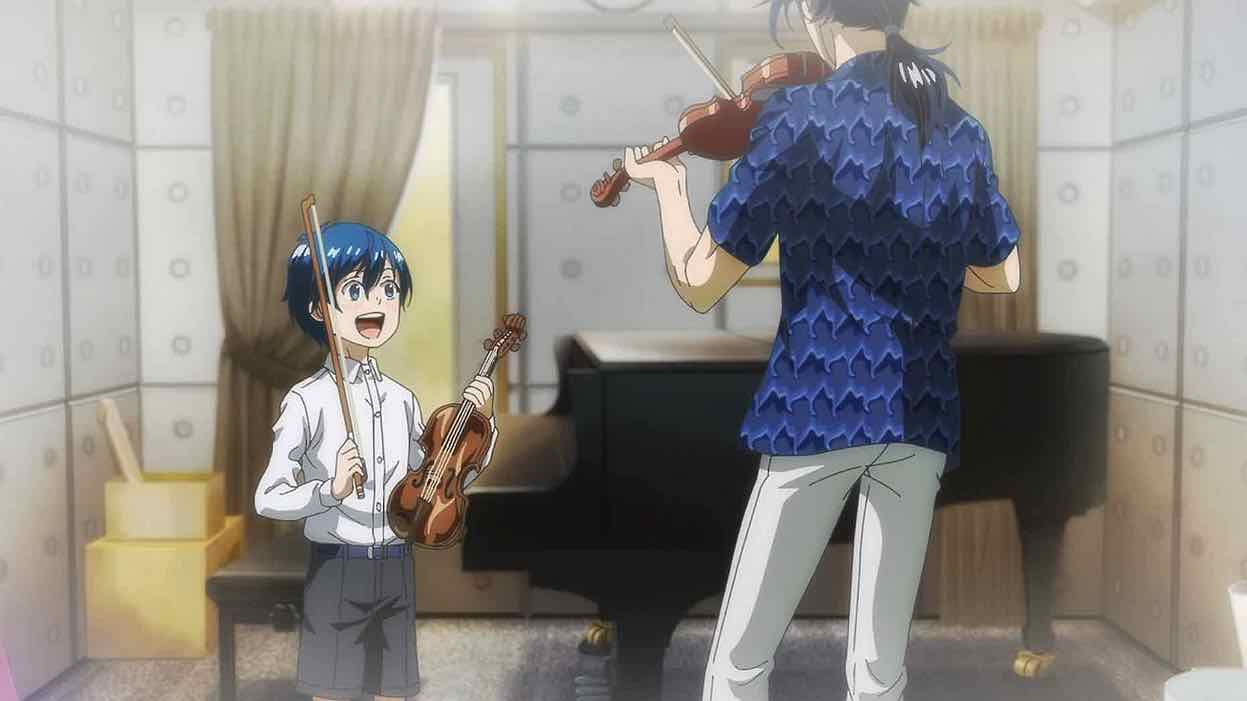
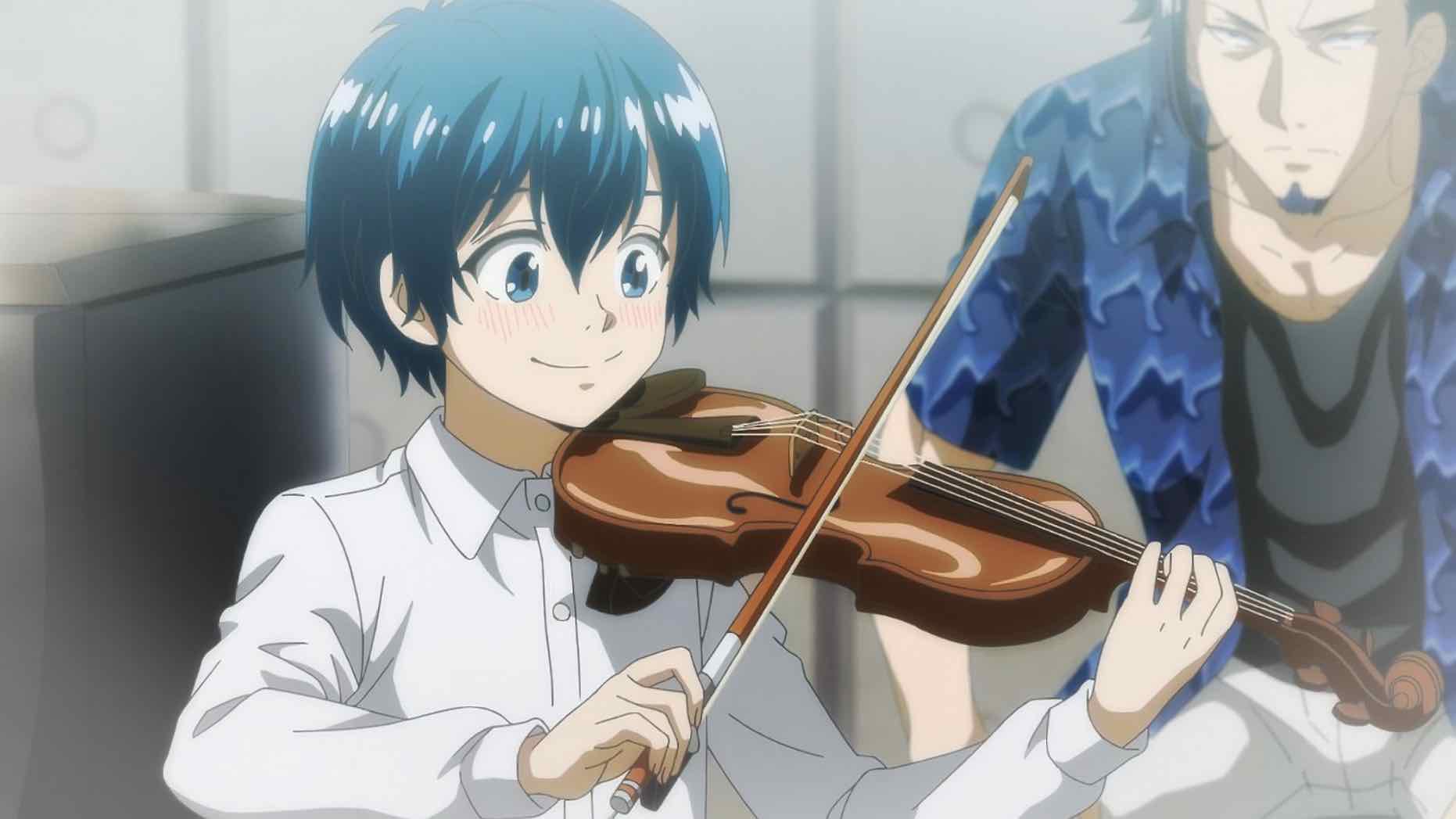
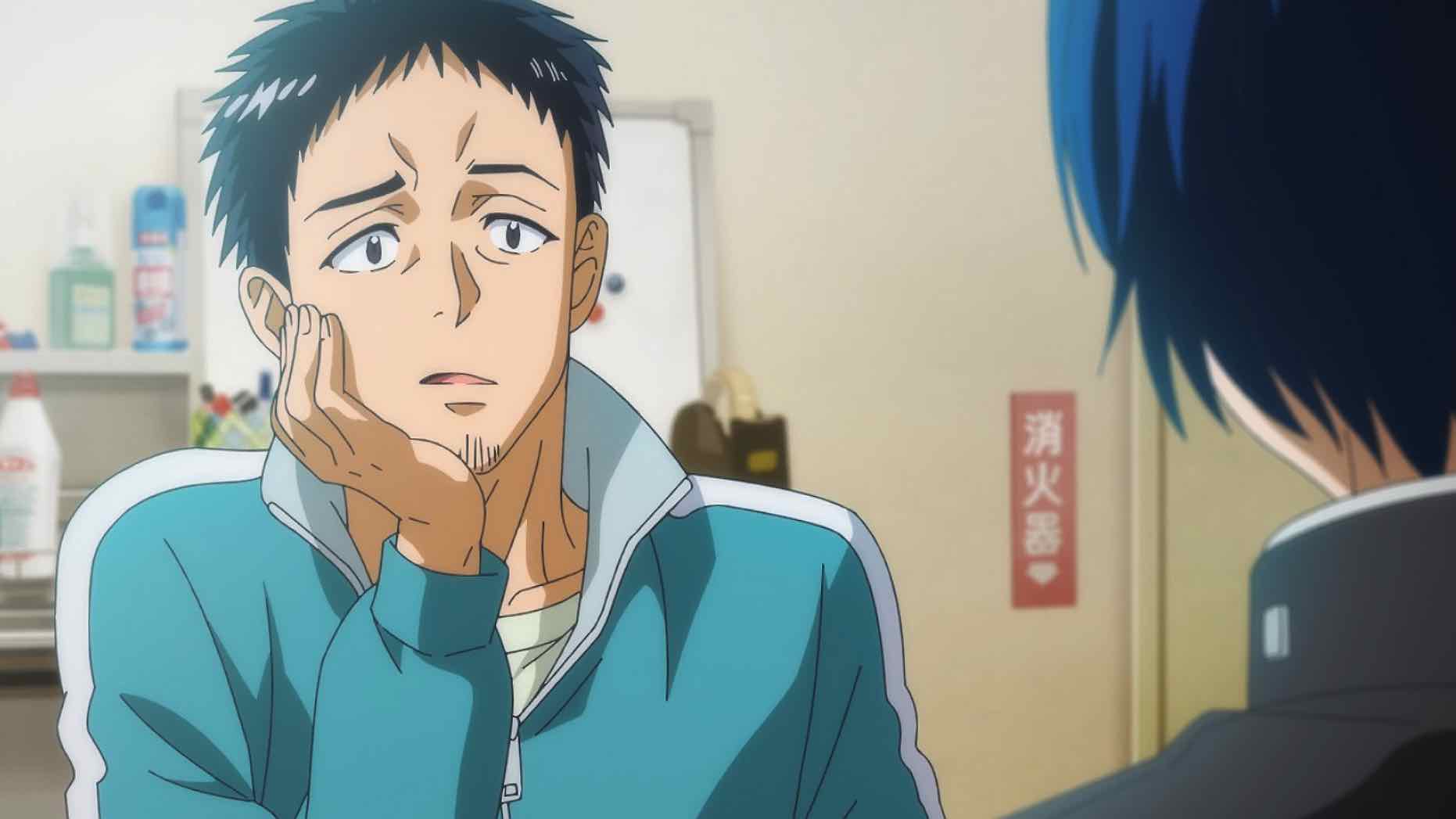
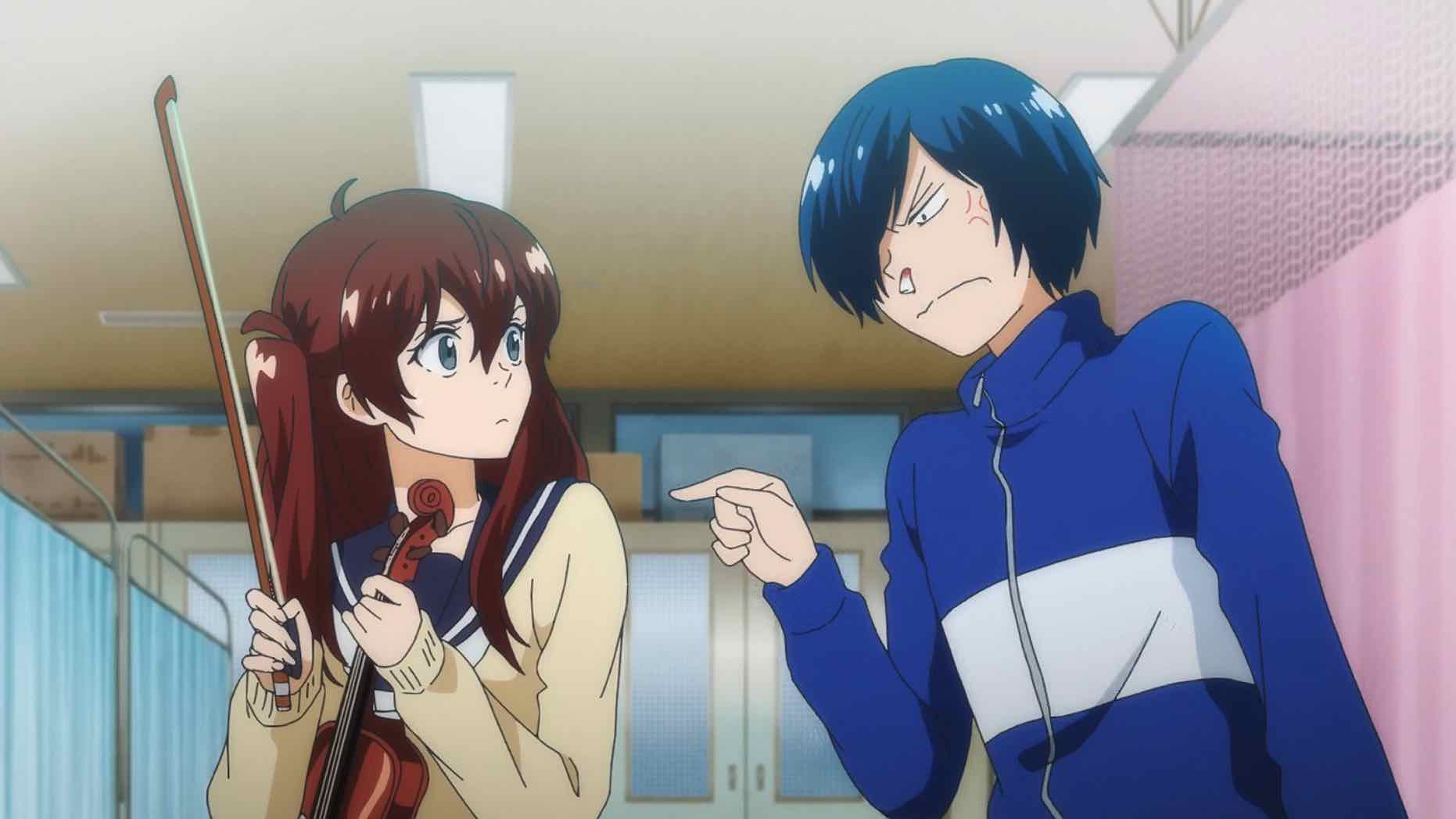
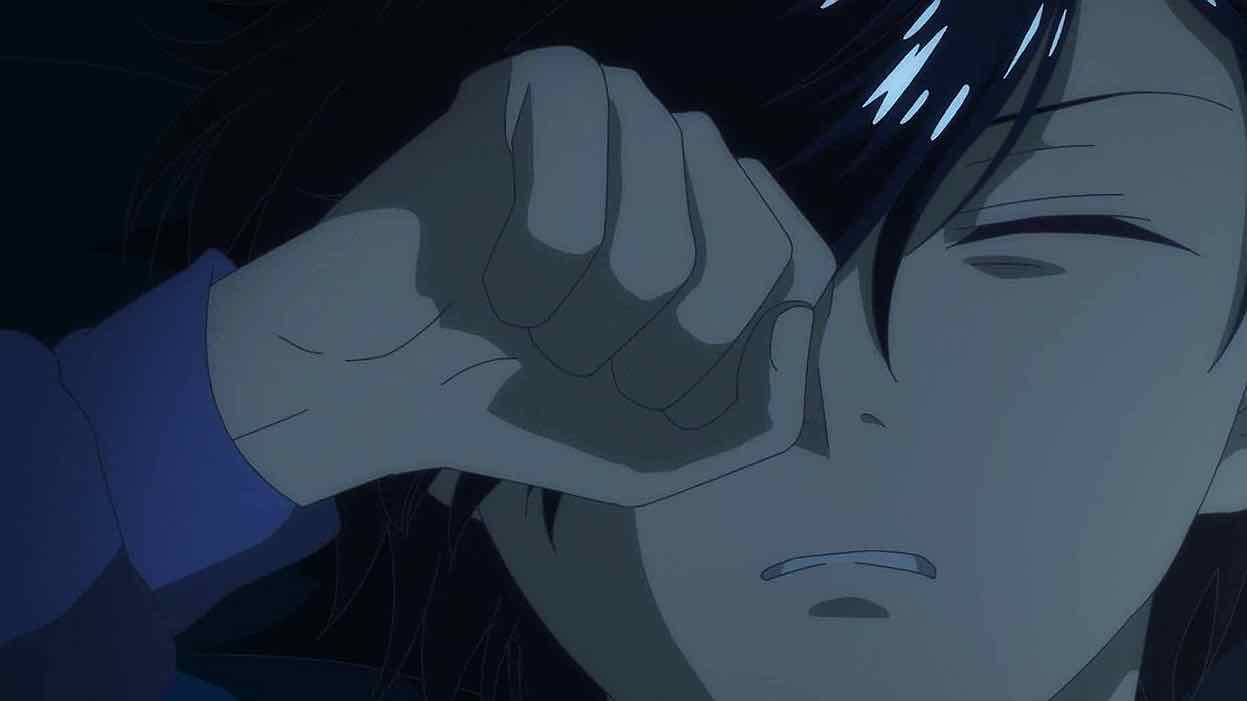
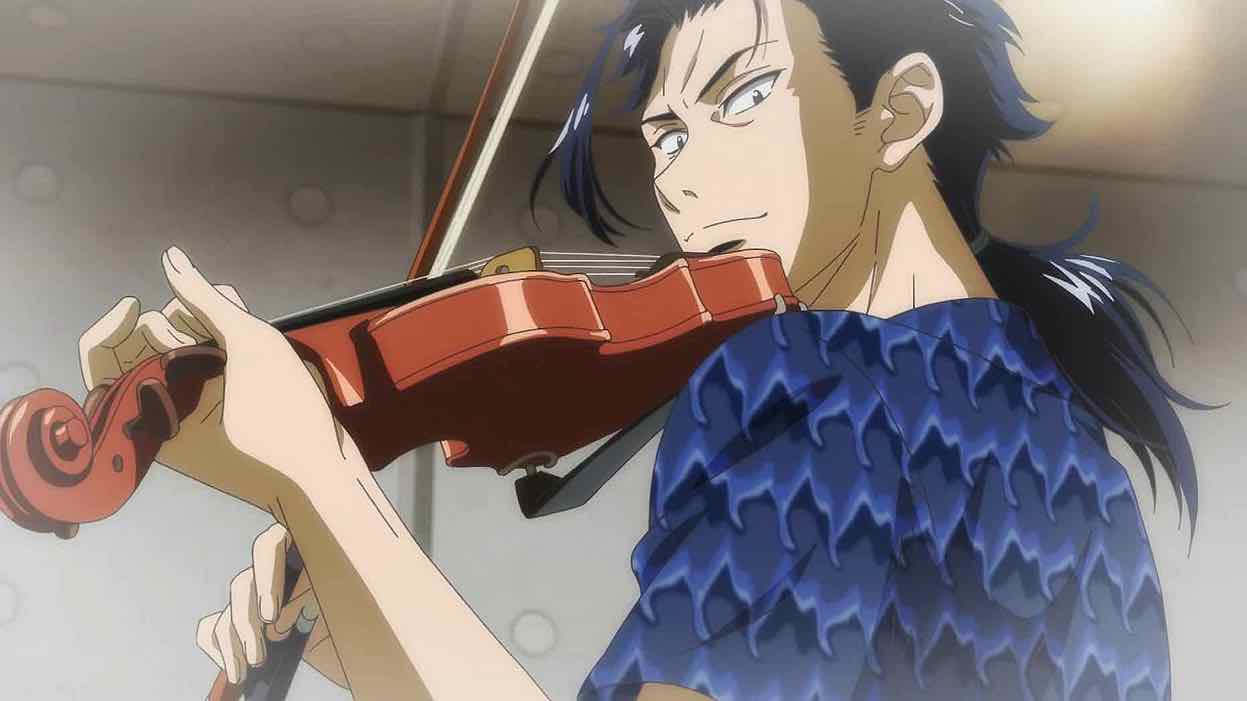
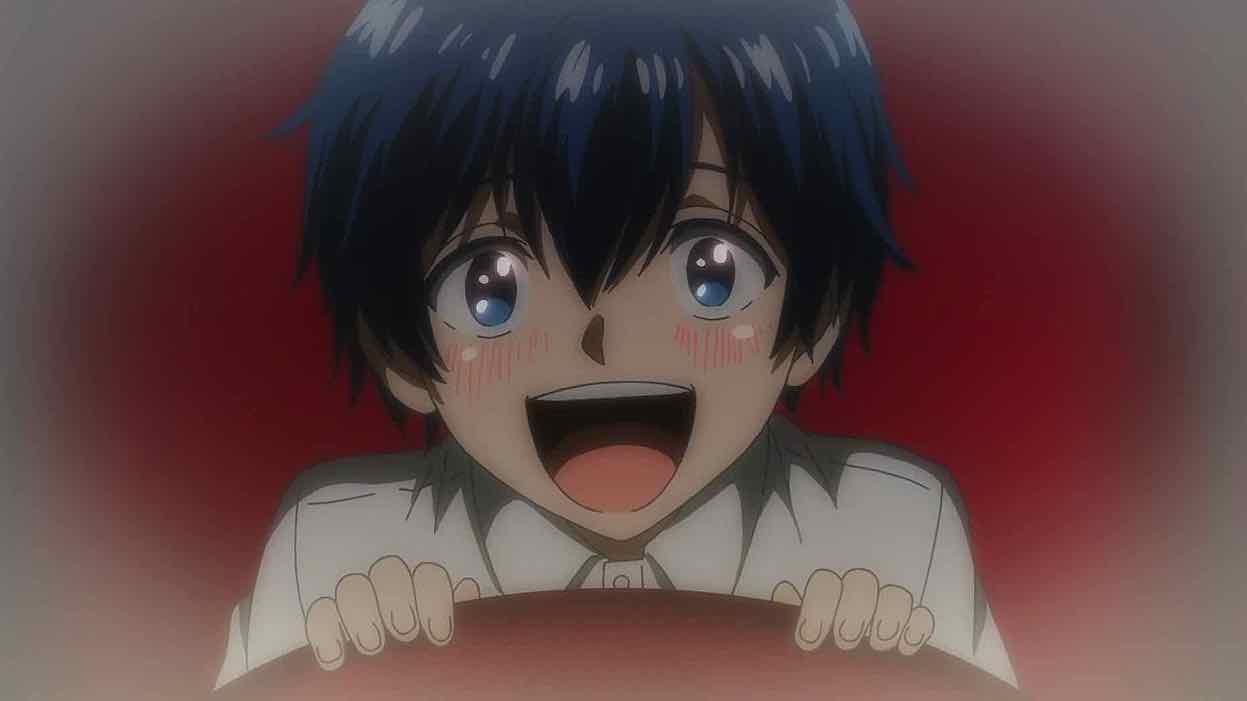
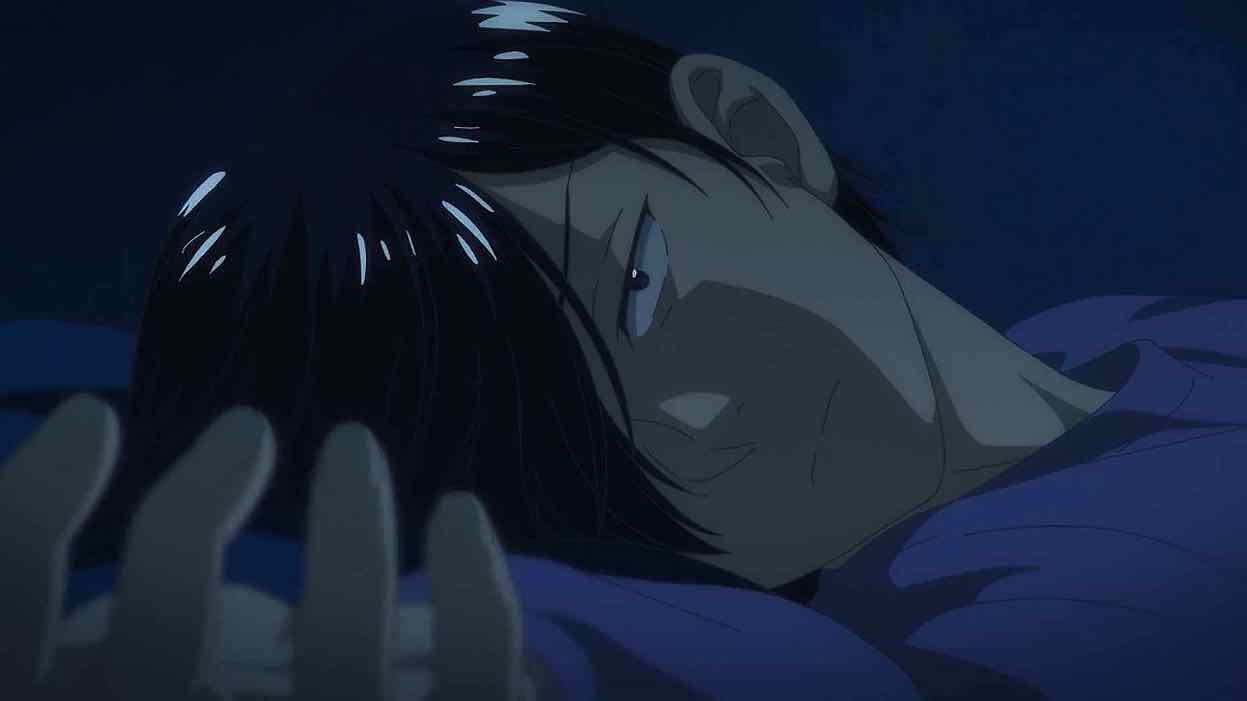
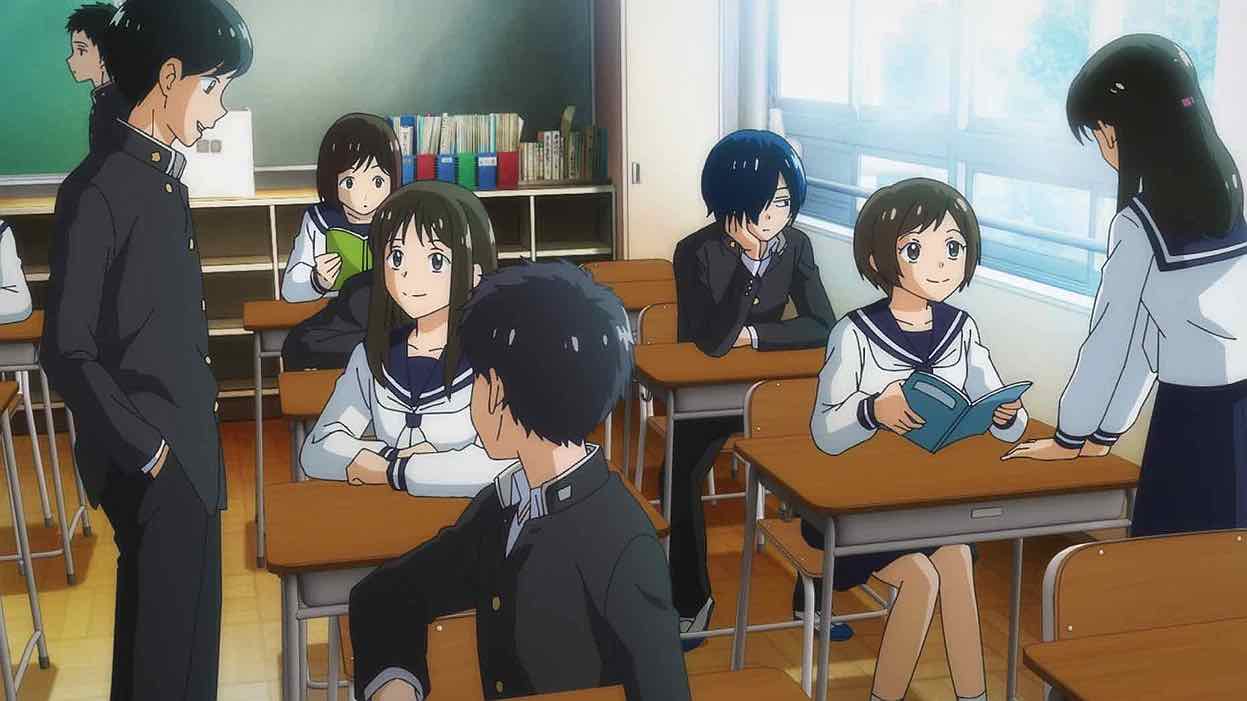
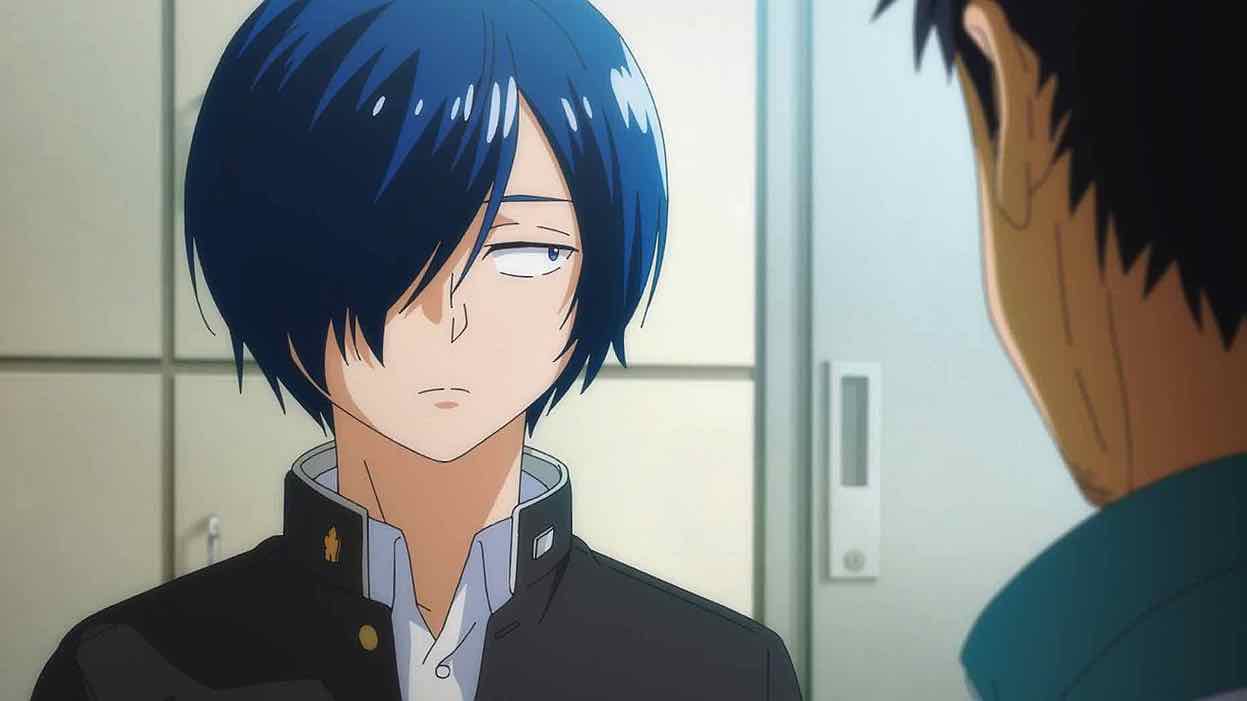
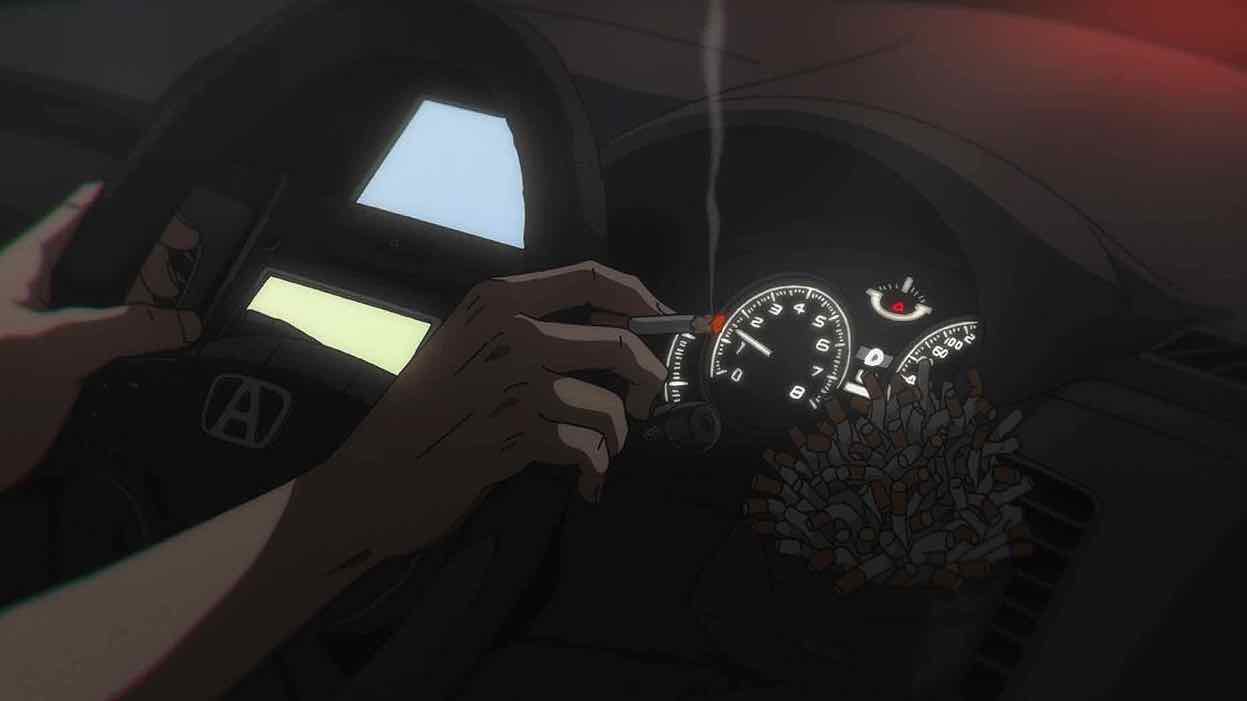
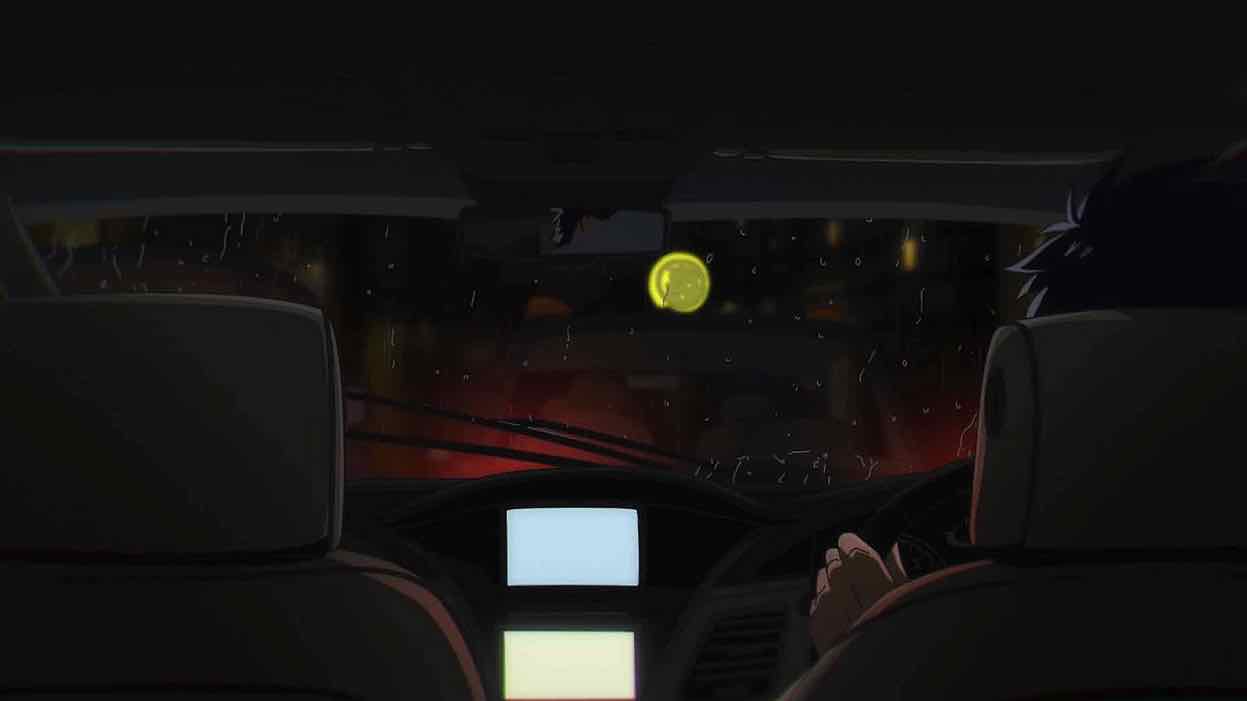
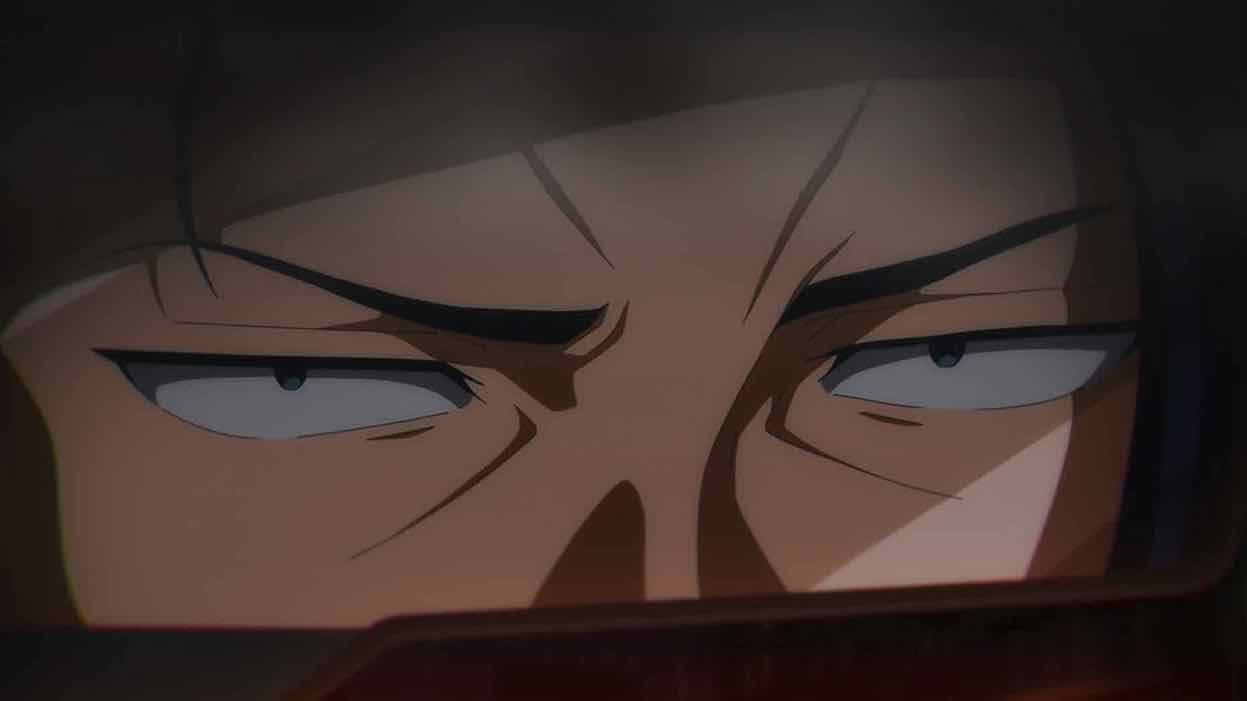
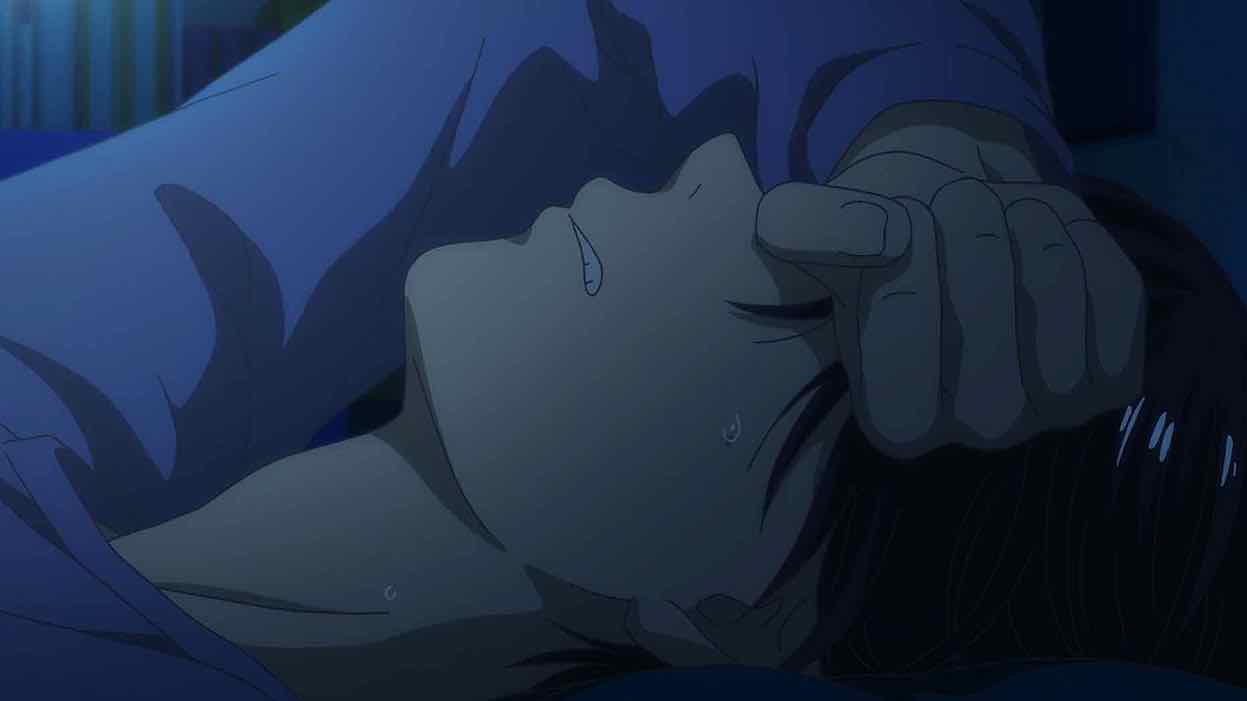
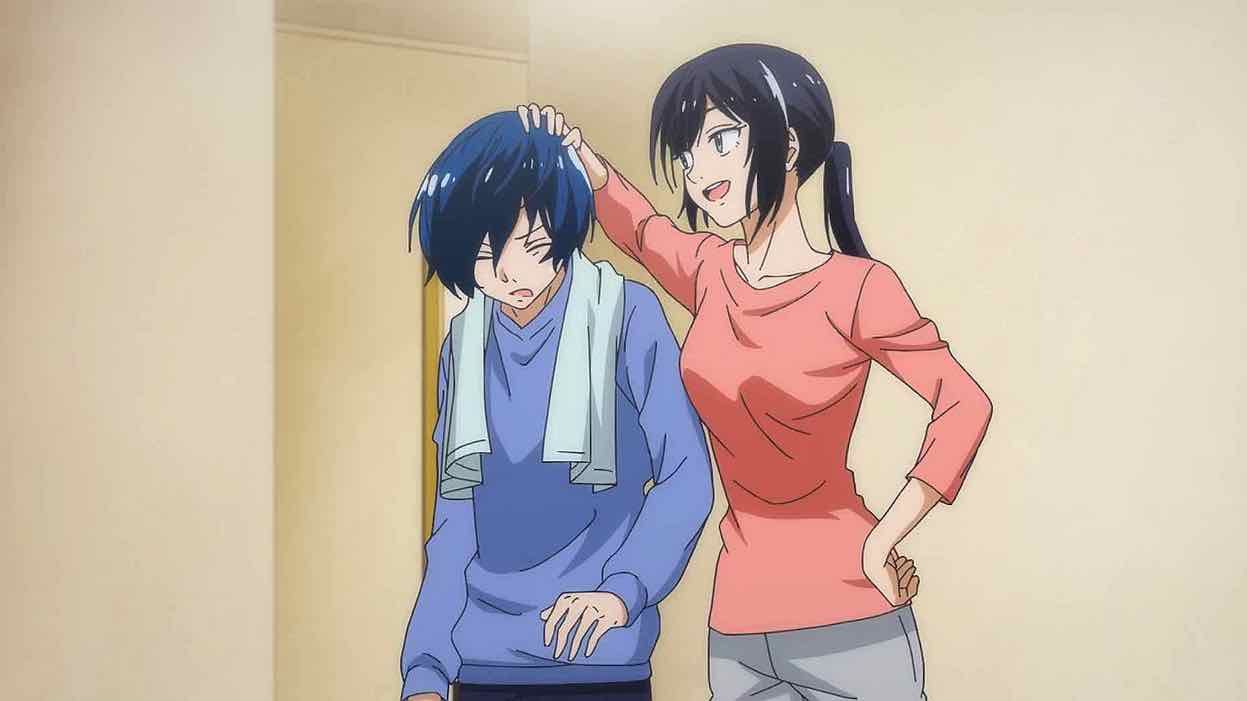
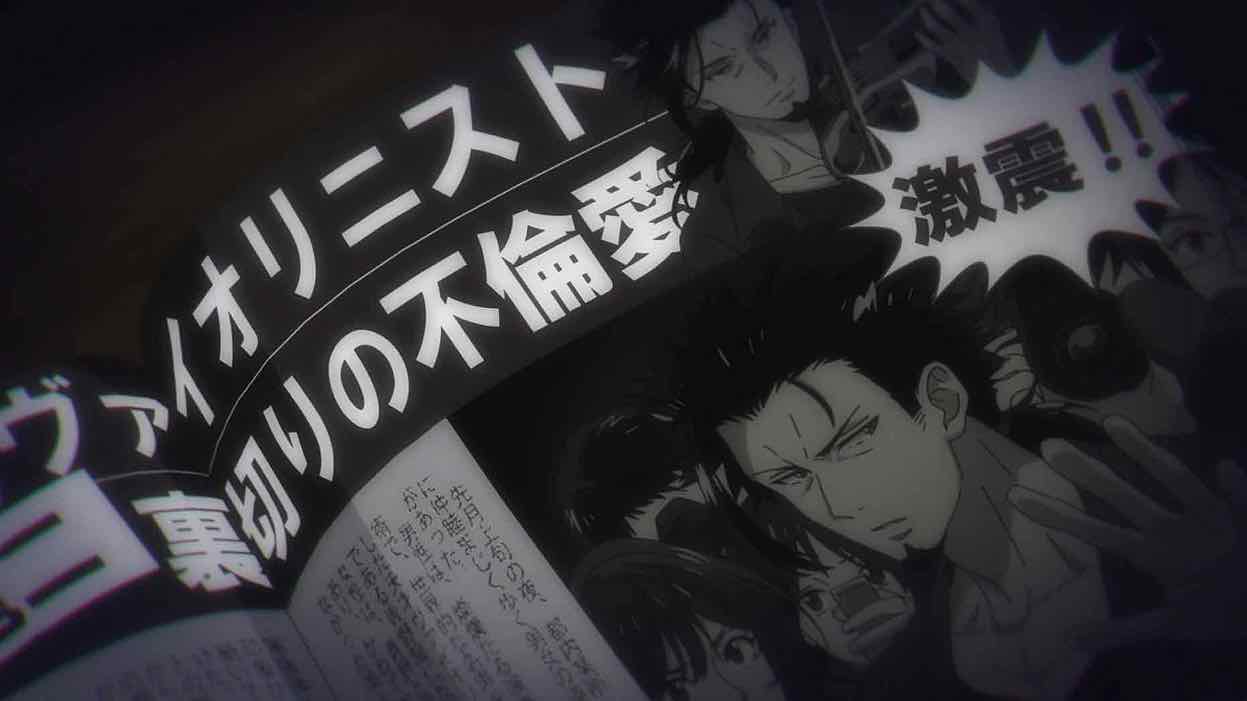
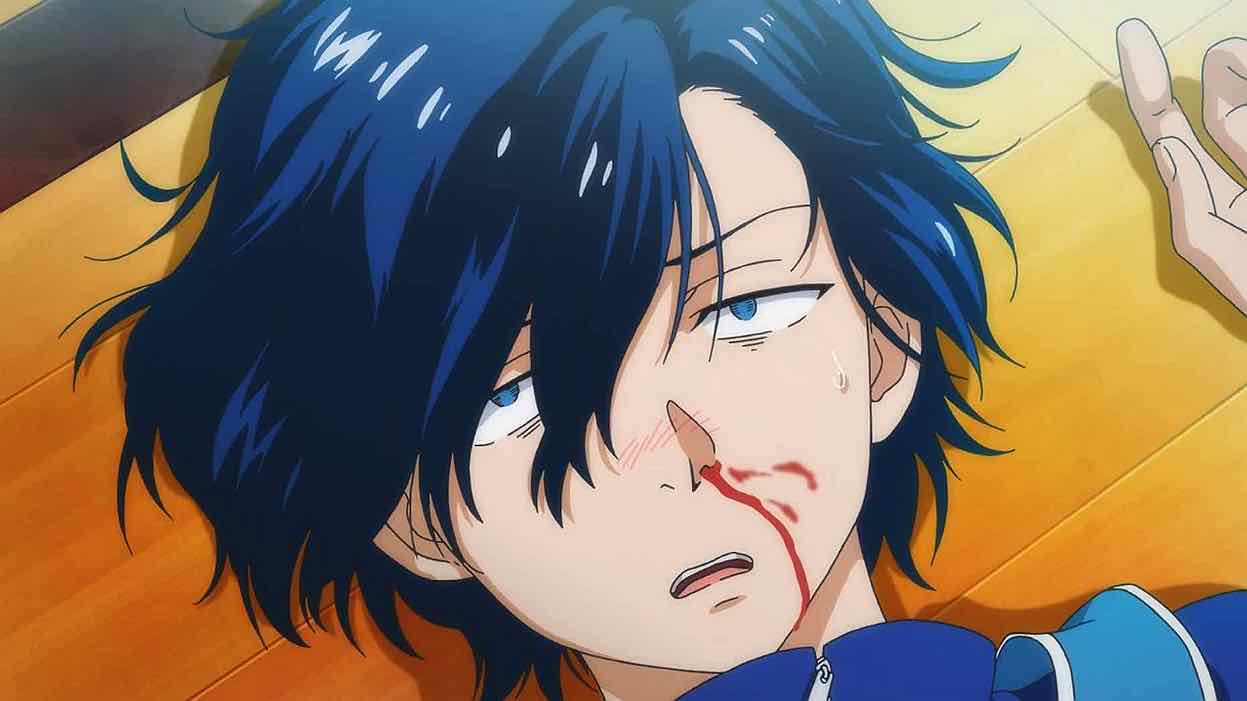
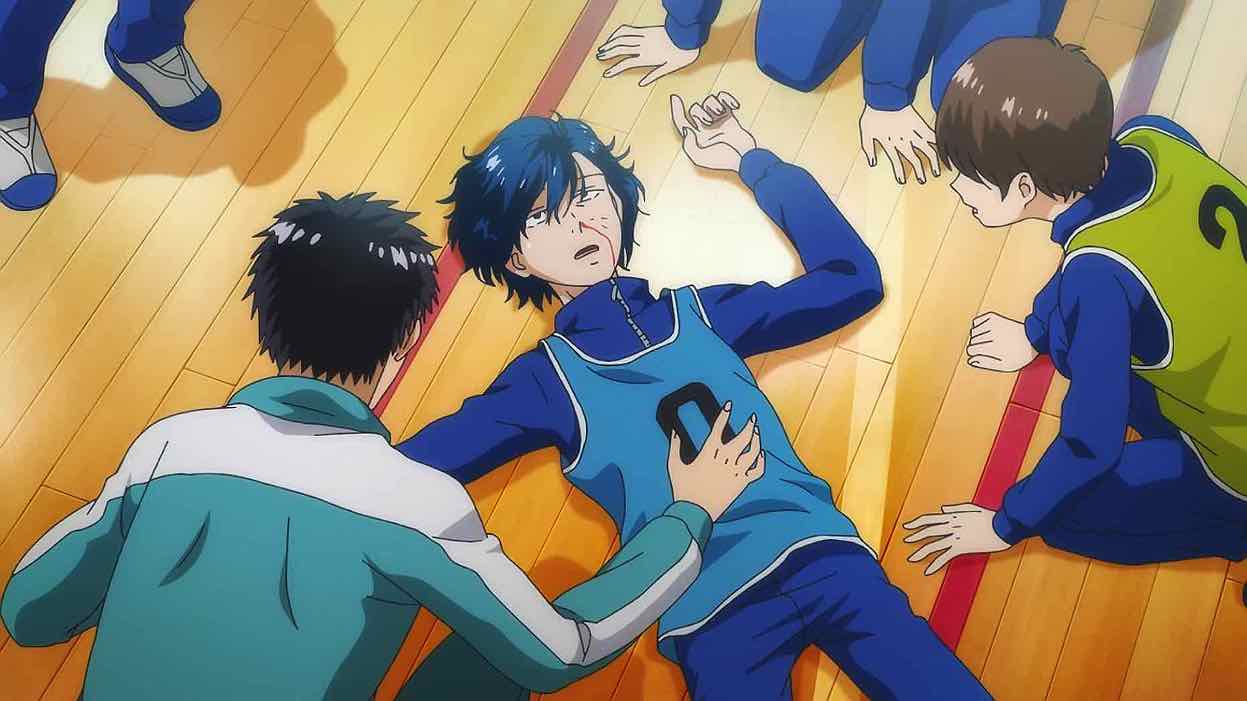
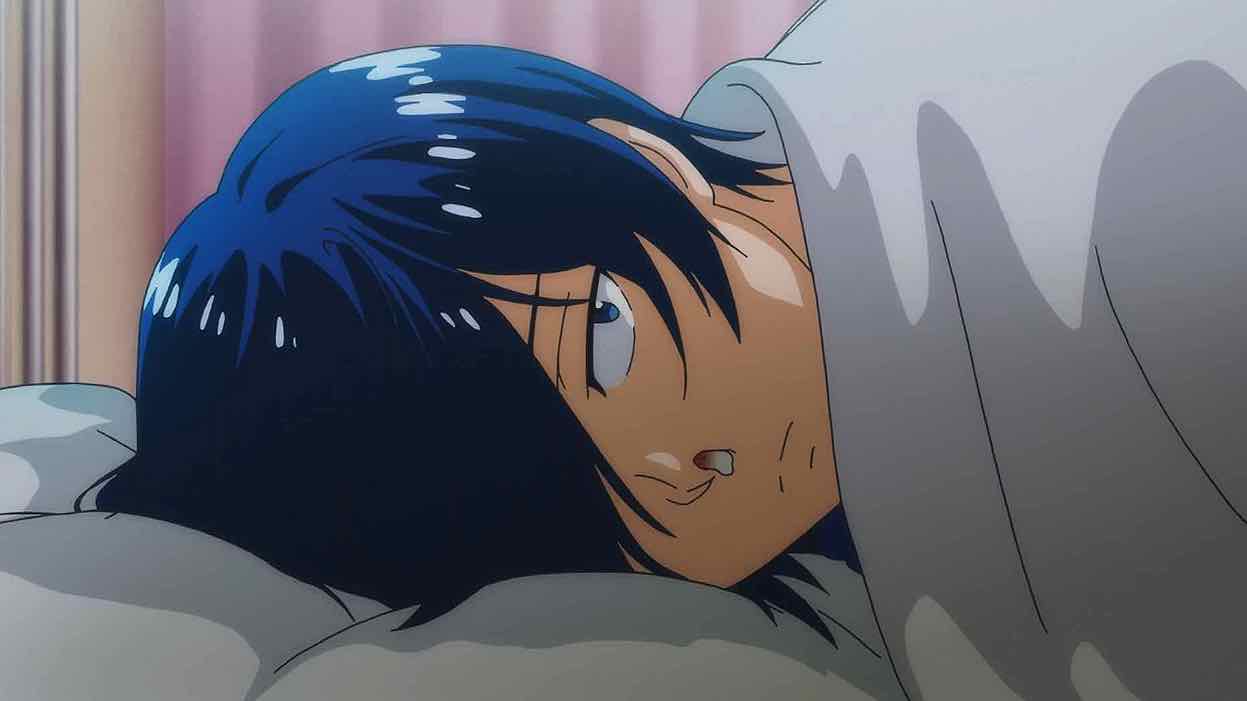
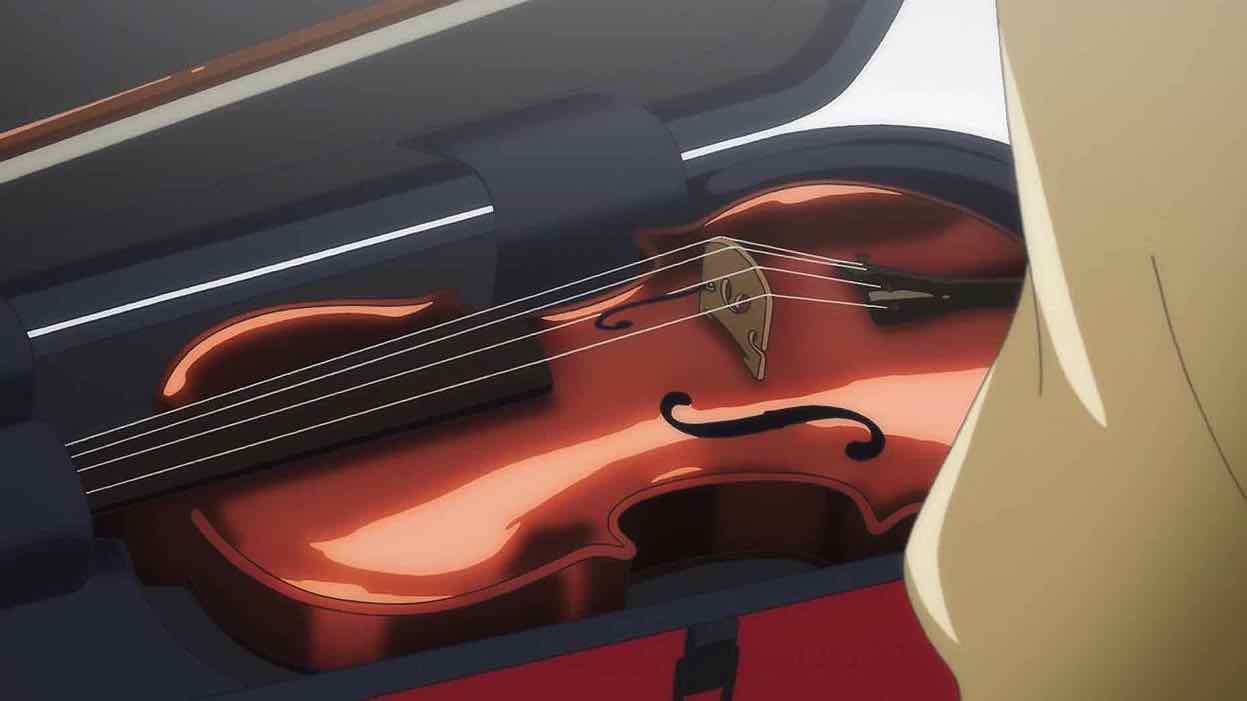
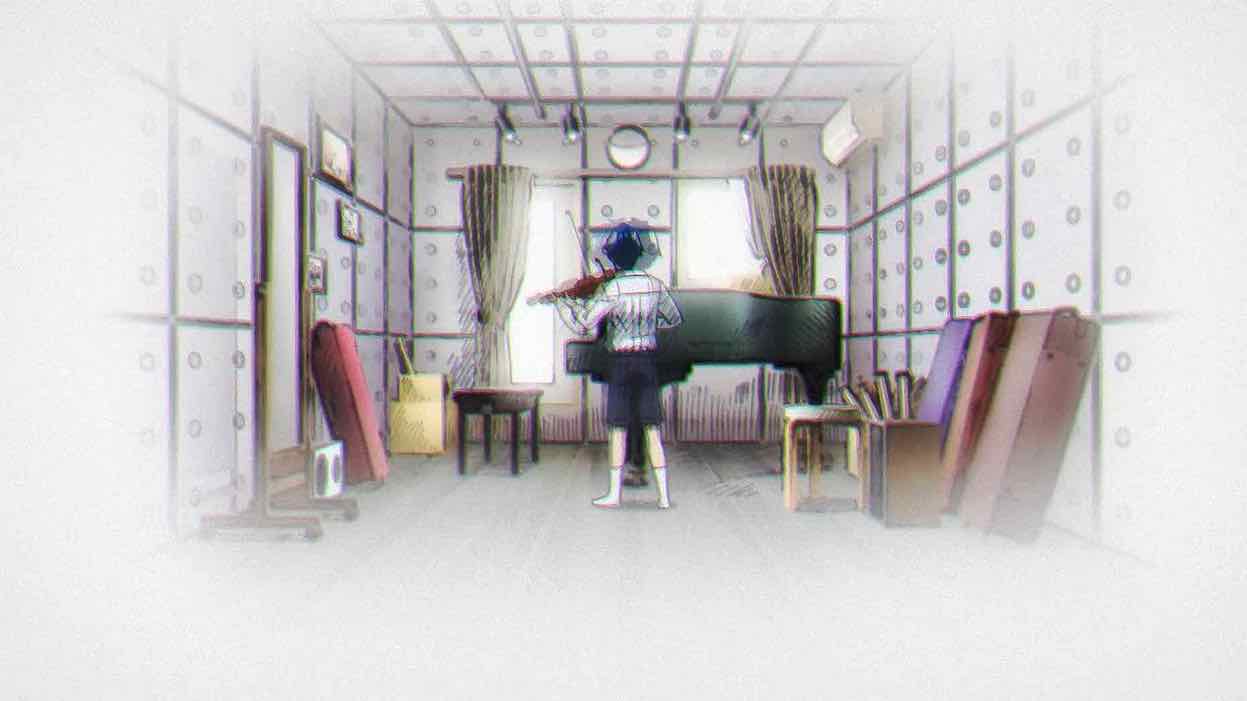
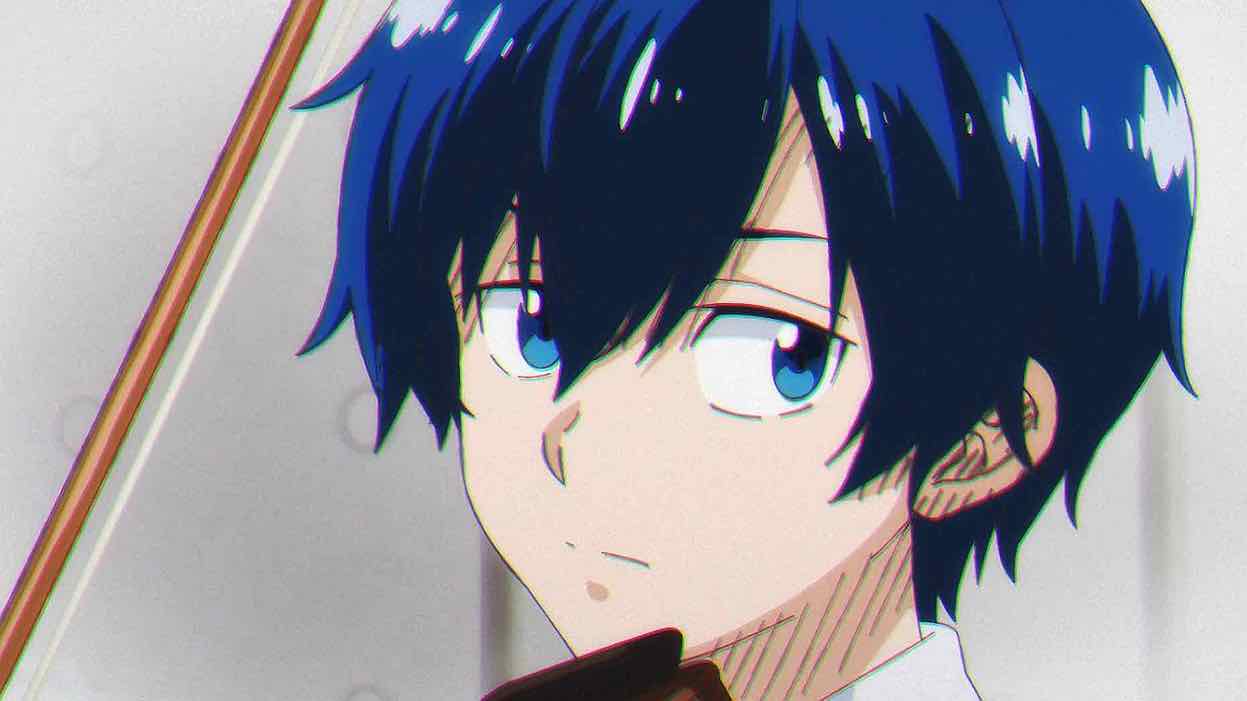
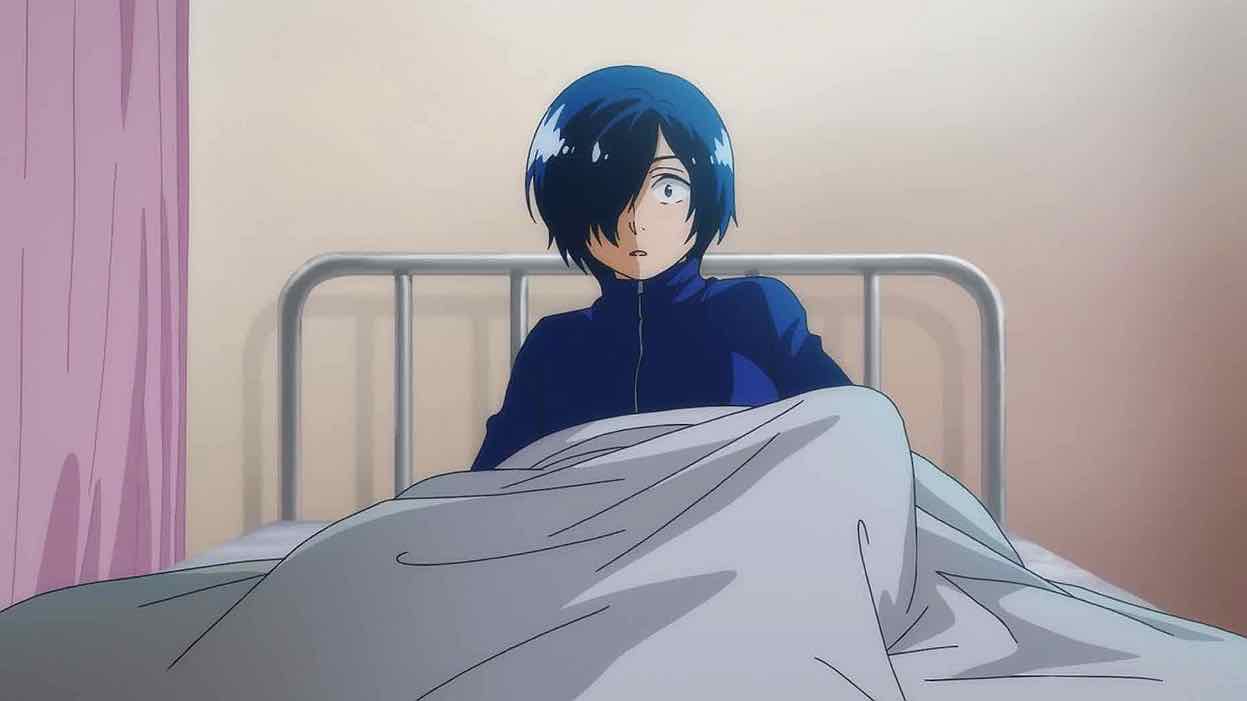
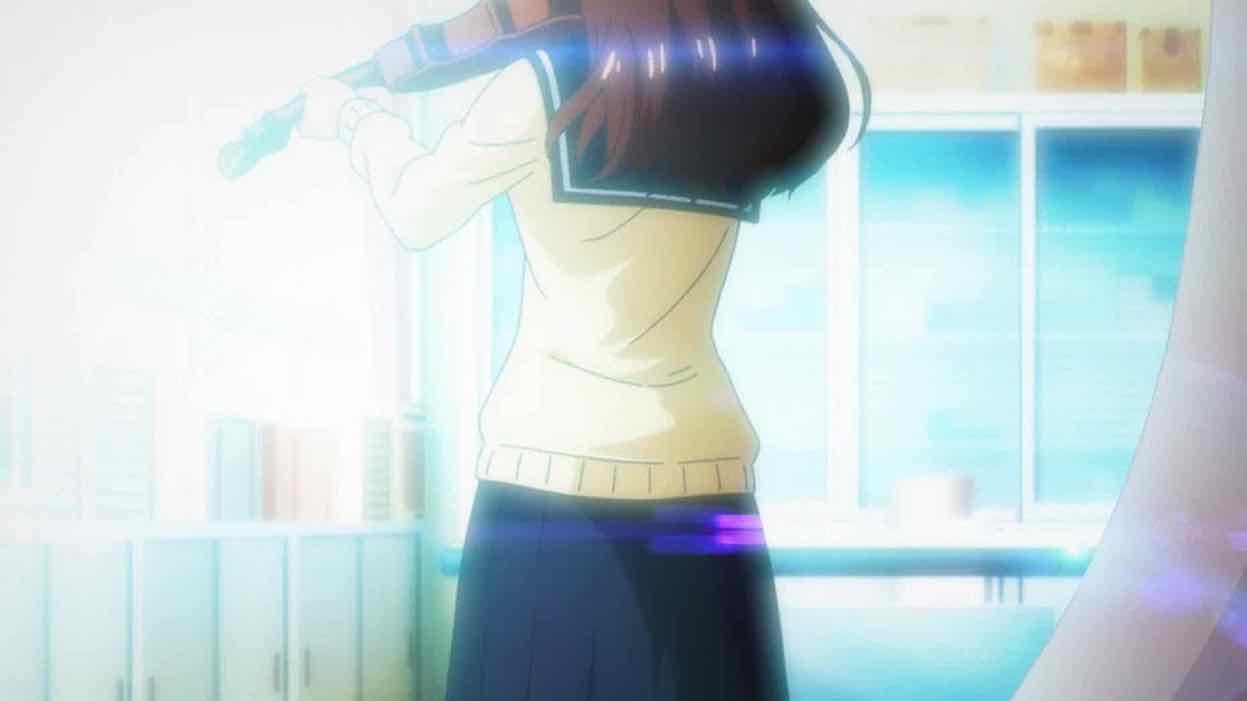
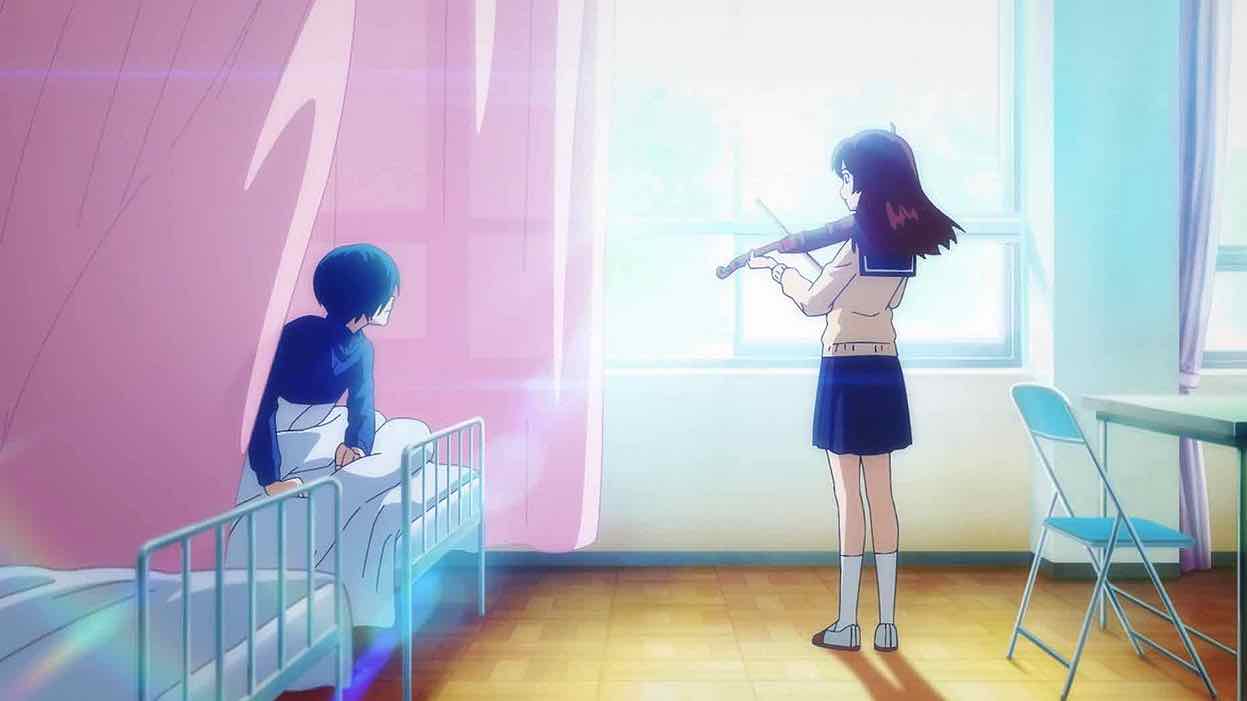
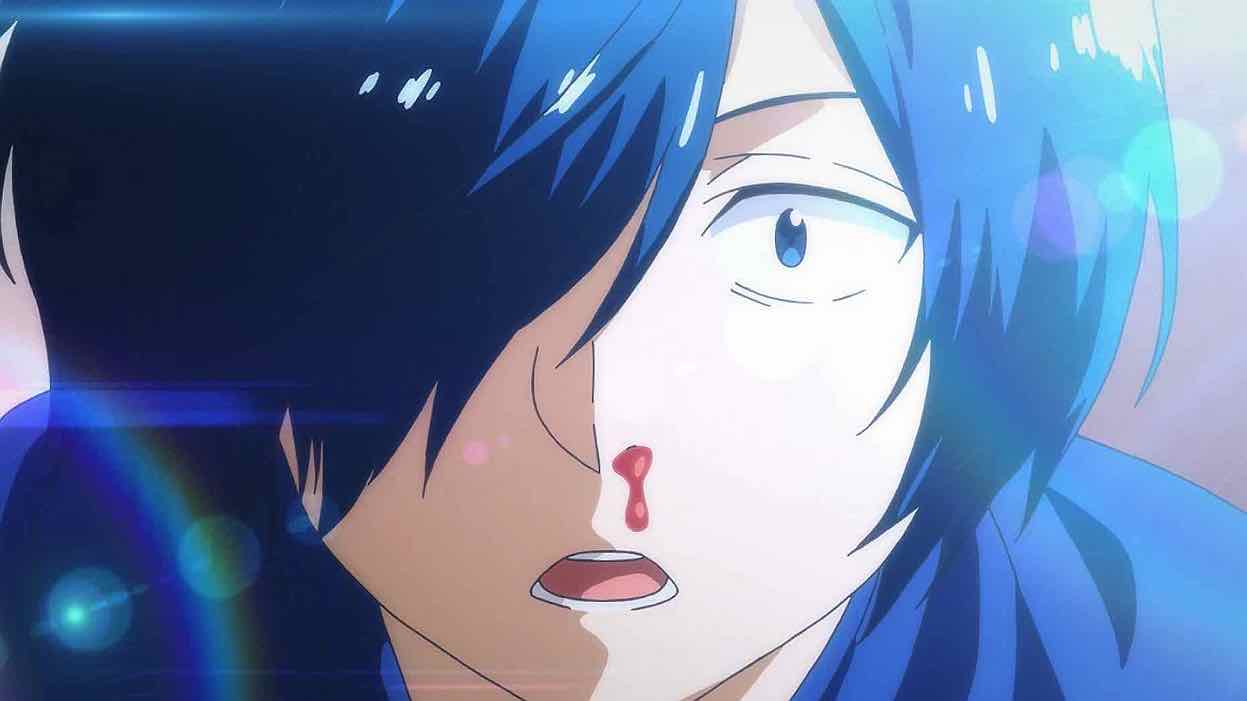
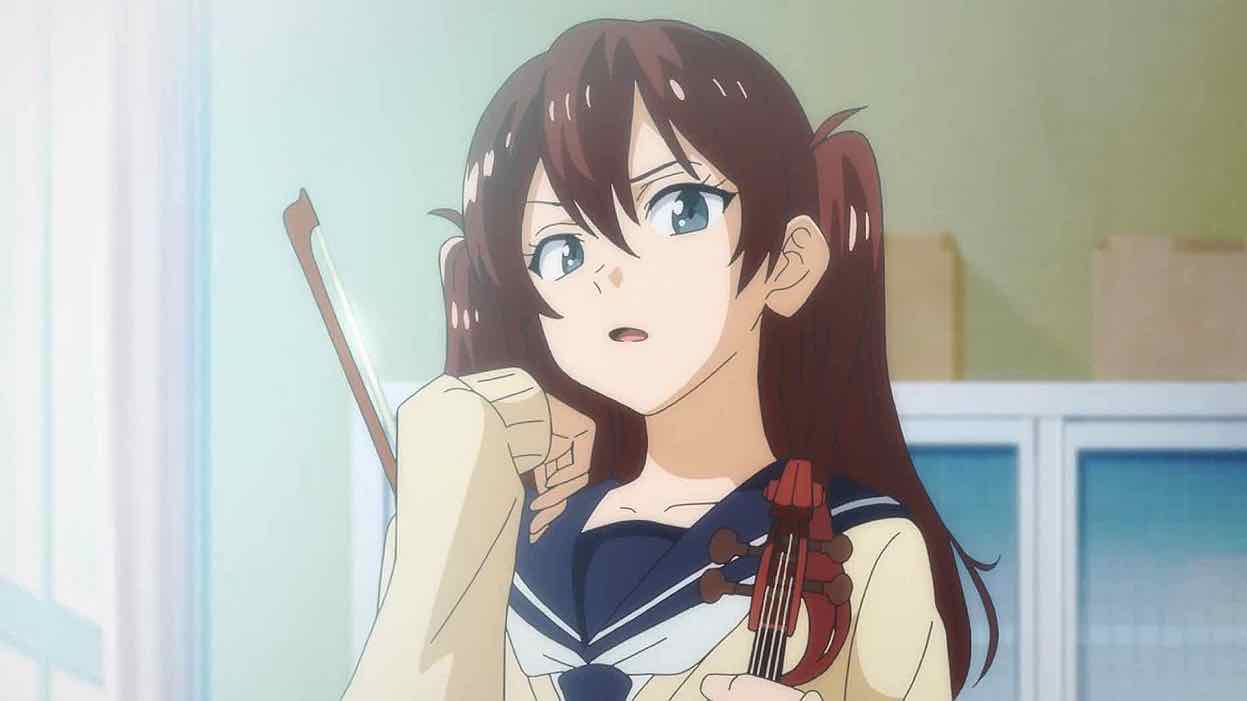
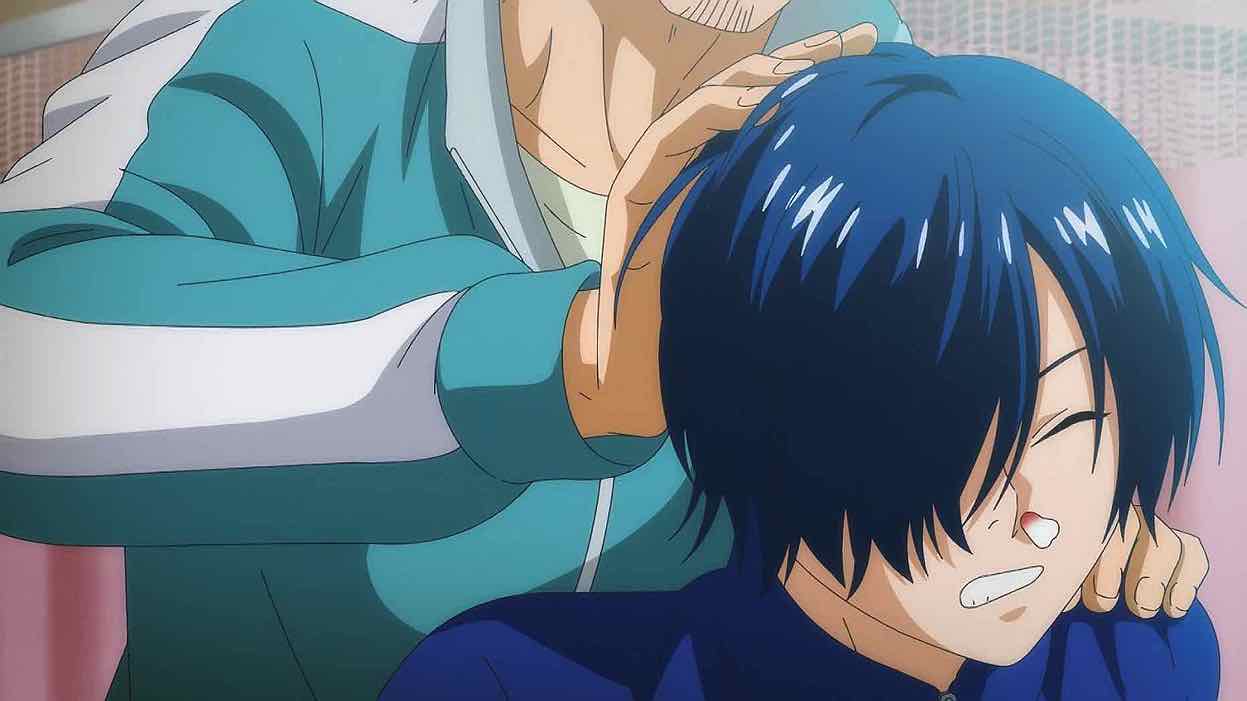
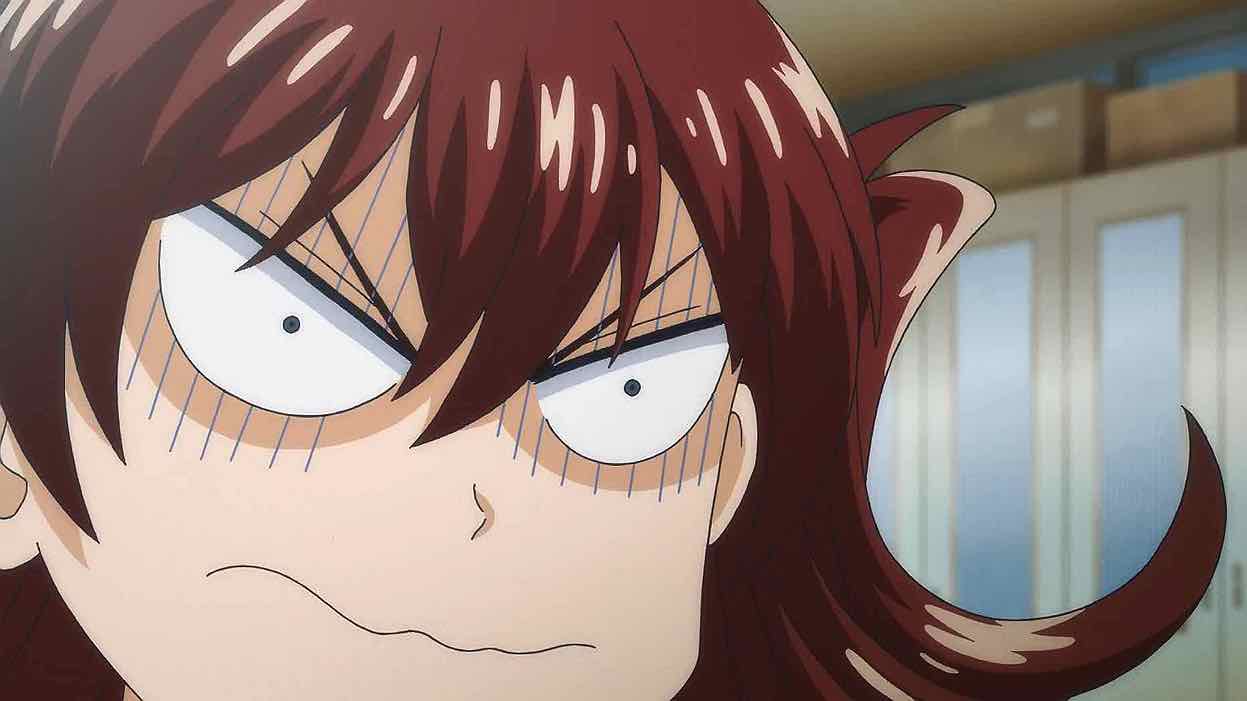
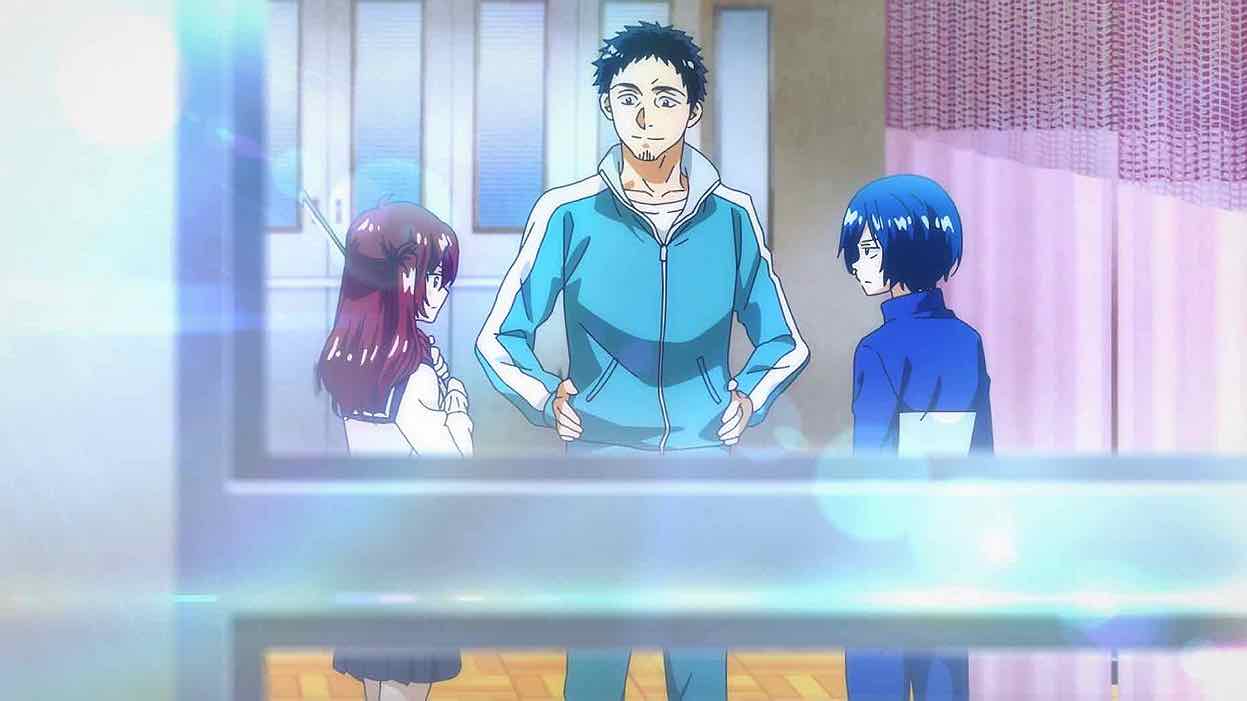
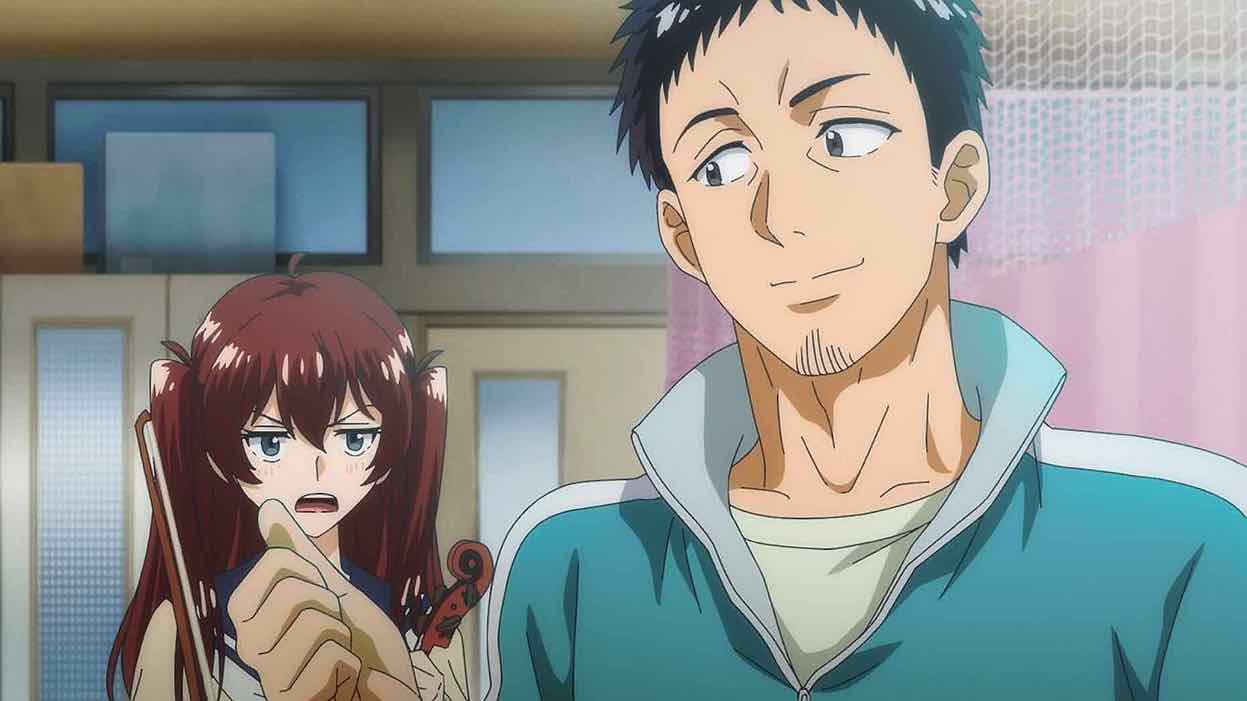
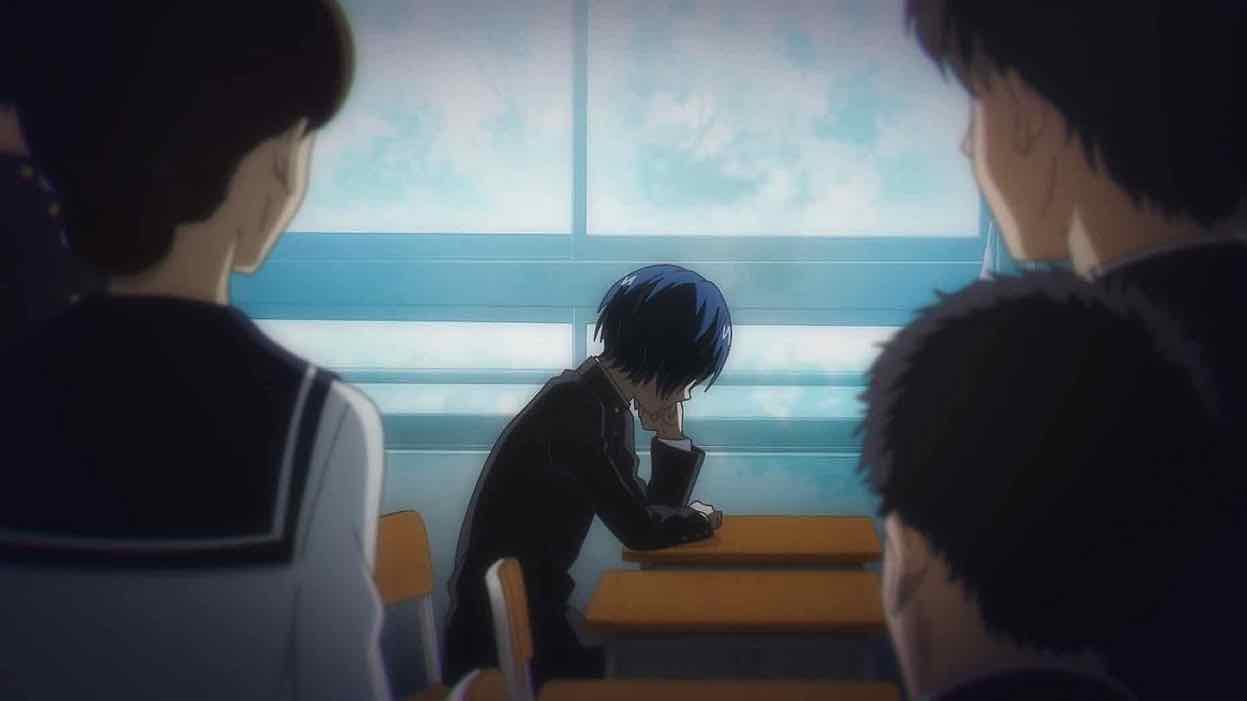
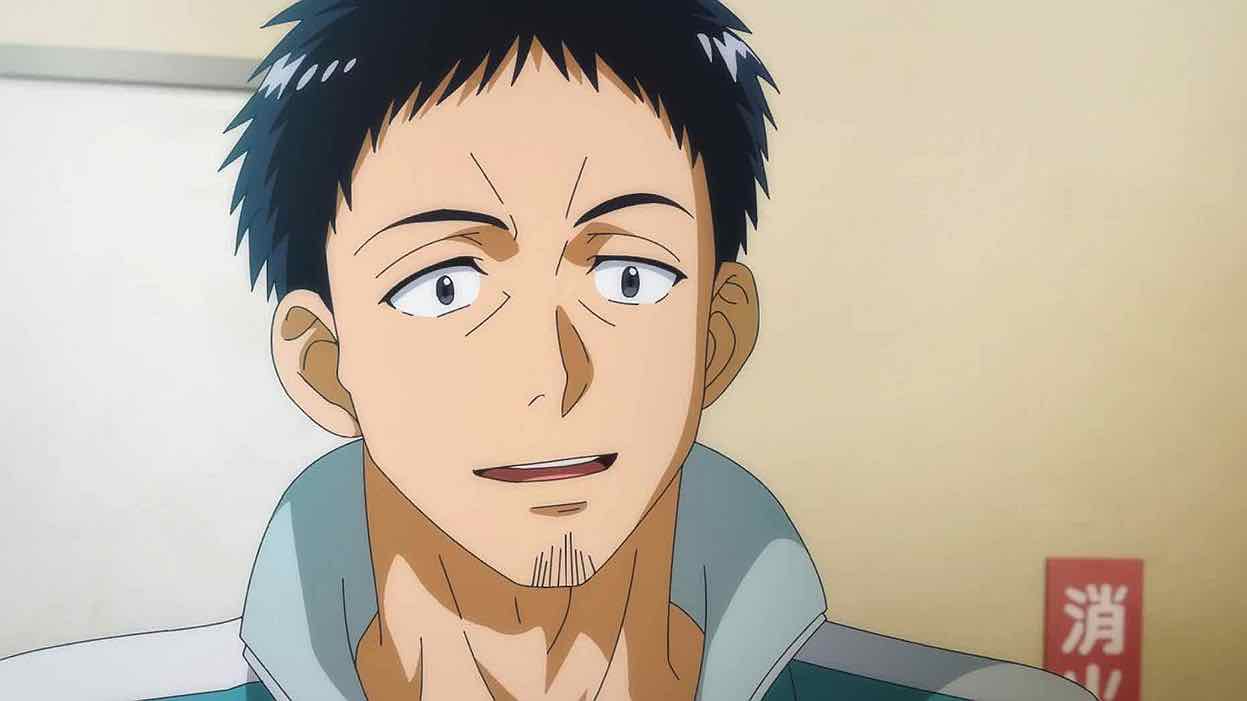


SeijiSensei
April 11, 2023 at 9:32 pmI wasn’t thrilled by the (lack of) animation nor the frequent use of stupid memes like nosebleeds. Don’t 13-yo kids know by now that’s an urban legend? I’ll give it a couple more episodes.
Peter Griffin
April 18, 2023 at 10:49 amHe got a nosebleed not because of the youthful rush of blood to the head, but because he was hit in the face with a ball twice
Kyruuk
April 11, 2023 at 11:44 pmStill upset no English licensor hasn’t put up this series on streaming, imo this and Kono Oto Tomare are my two favorite music manga currently being serialized (probably because I haven’t read Blue Giant).
Where I assume this series will end up at the end of 24 eps isn’t quite as big a climax as the end of KOT’s second cour, but between then and now, there will be a lot of juicy character building with a likable ensemble cast. “Underrated” will likely be the watchword of this anime by the end of summer.
abccba
April 12, 2023 at 12:16 pmI might have to de-lurk, if nobody else is discussing this show. The lack of an English streaming license is extremely disappointing.
This was one of my most anticipated shows of the season. I haven’t read the manga, but I love classical music and played the violin in my high school orchestra, so I’ve been wanting an orchestra-themed anime for a while now. I agree with you that there’s a lot of potential here, exploring the role of a violinist as a soloist, a teacher, and orchestra member.
Another thing that got me excited about this show: the marketing materials feature the musicians who portray the character performances, and these are legit musicians, including Hilary Hahn! To me, this demonstrates an attention to detail—they could have easily hired a music student to record all the parts, but they wanted a different musician for each character.
Guardian Enzo
April 12, 2023 at 12:21 pmI heartily approve of de-lurking. Welcome!
Didn’t know that about the musicians, but glad to hear it. That level of detail (as with Kono Oto Tomare for example) really makes a difference.